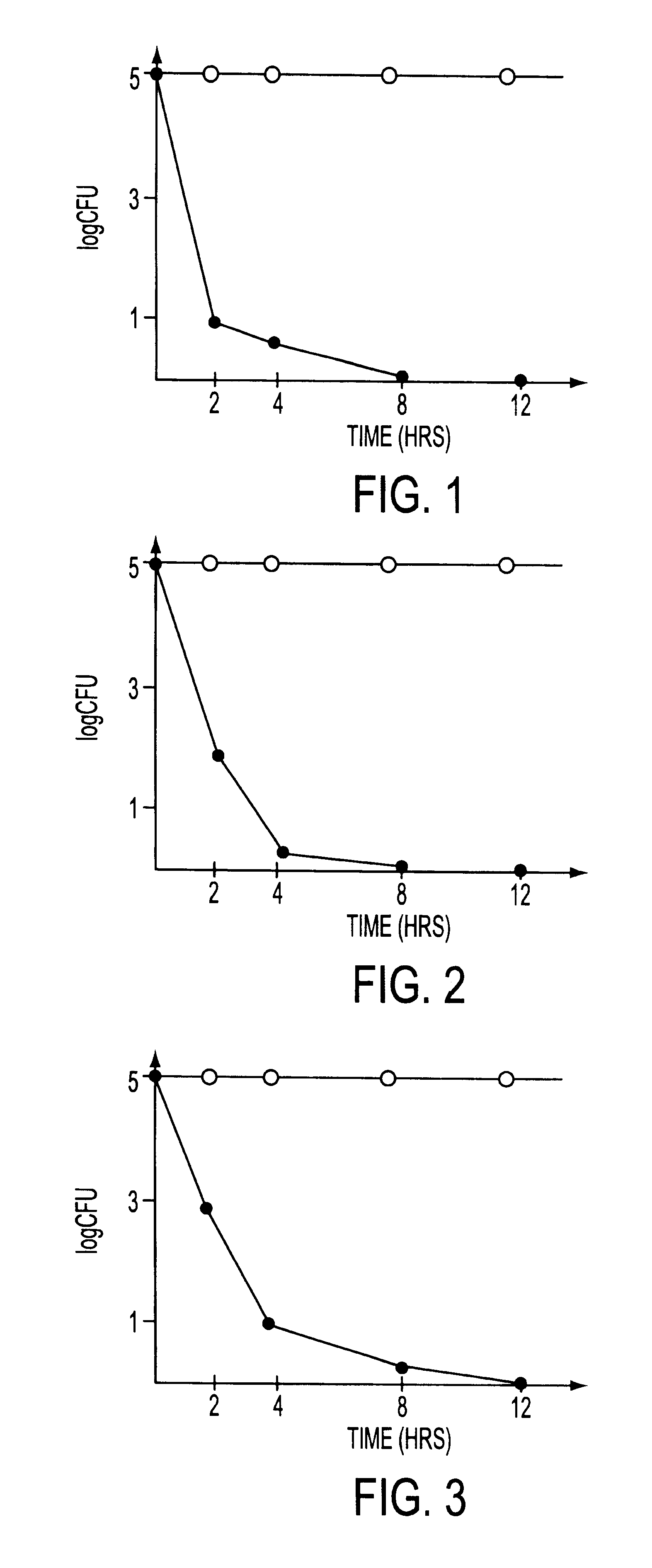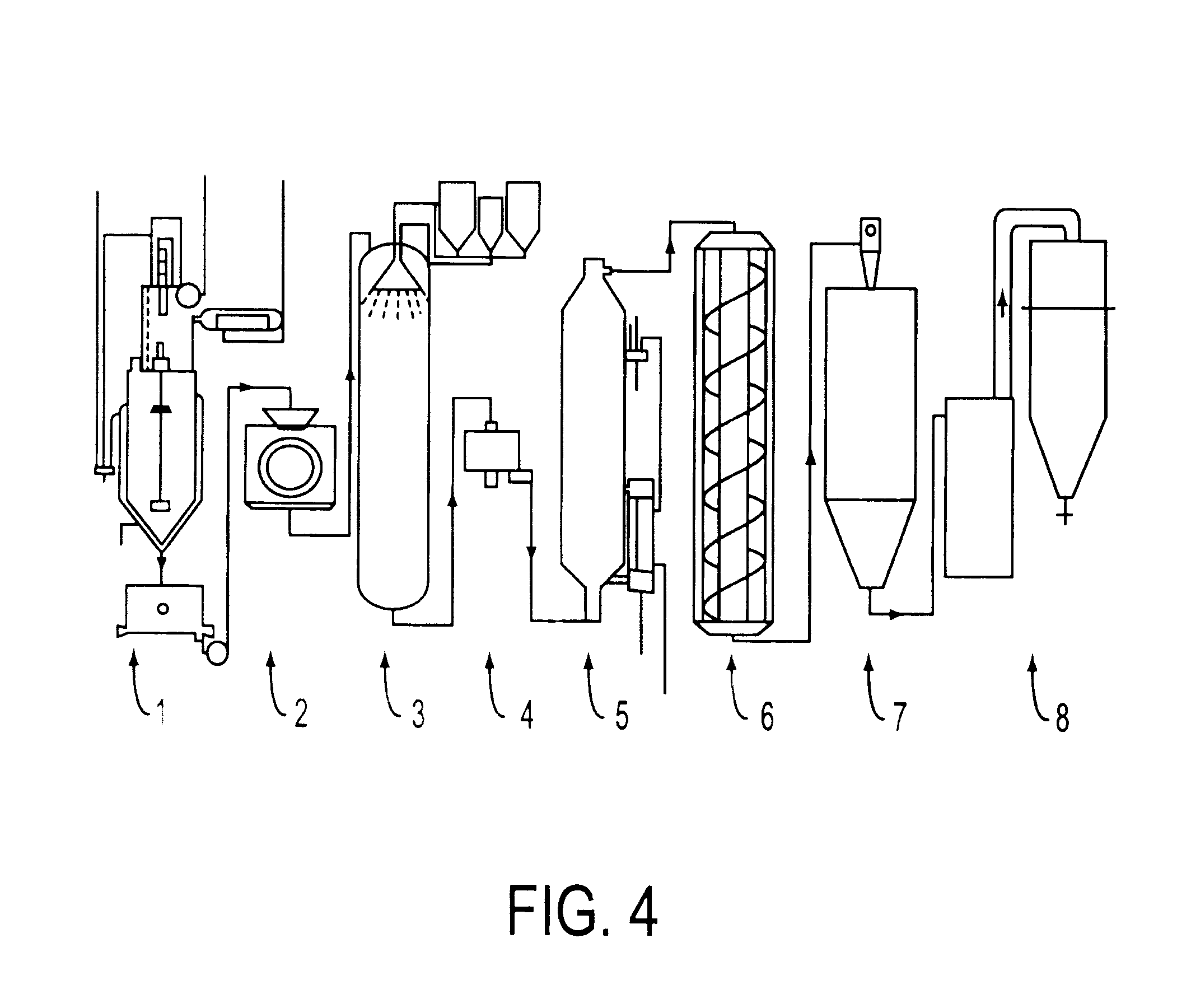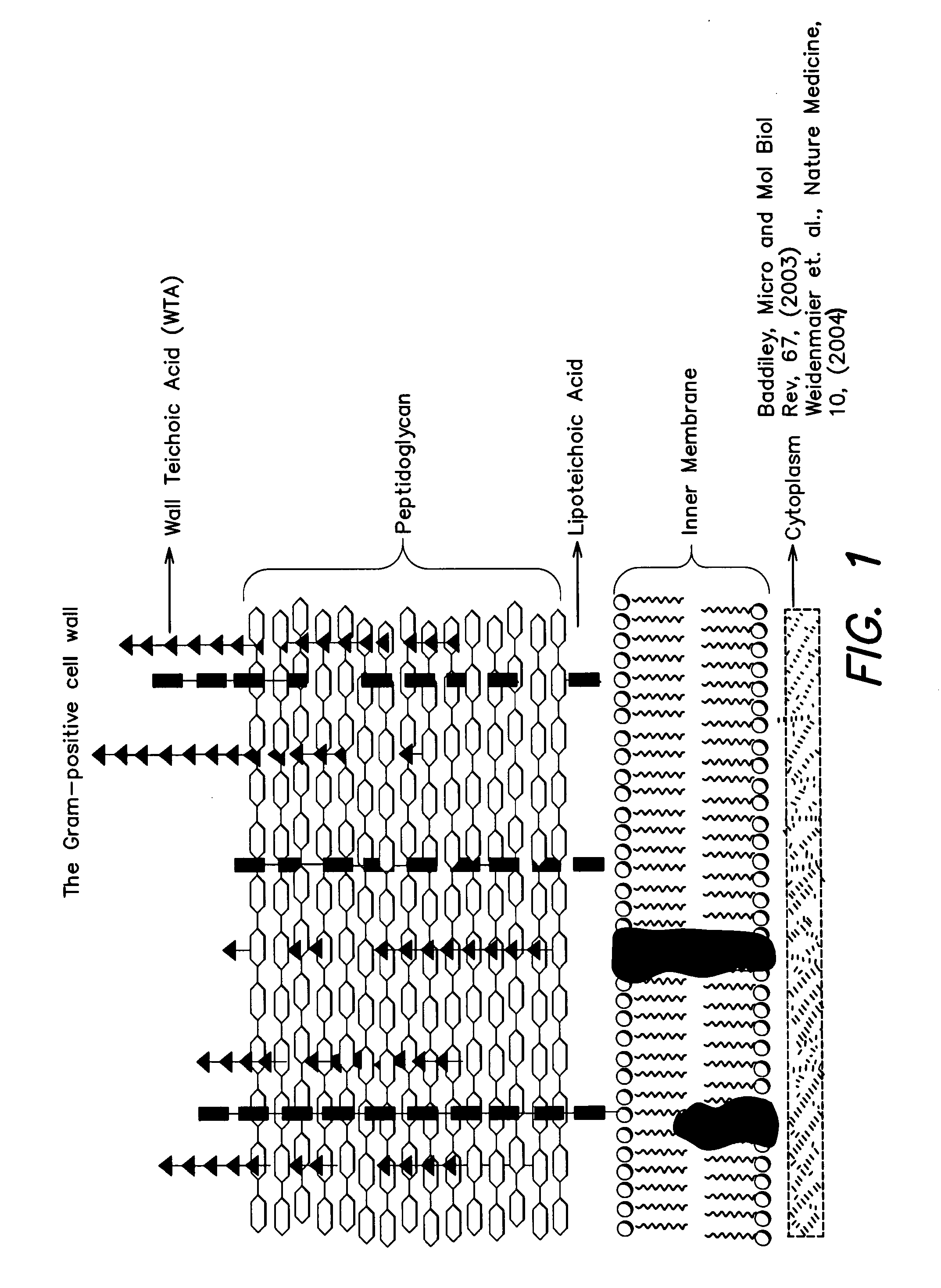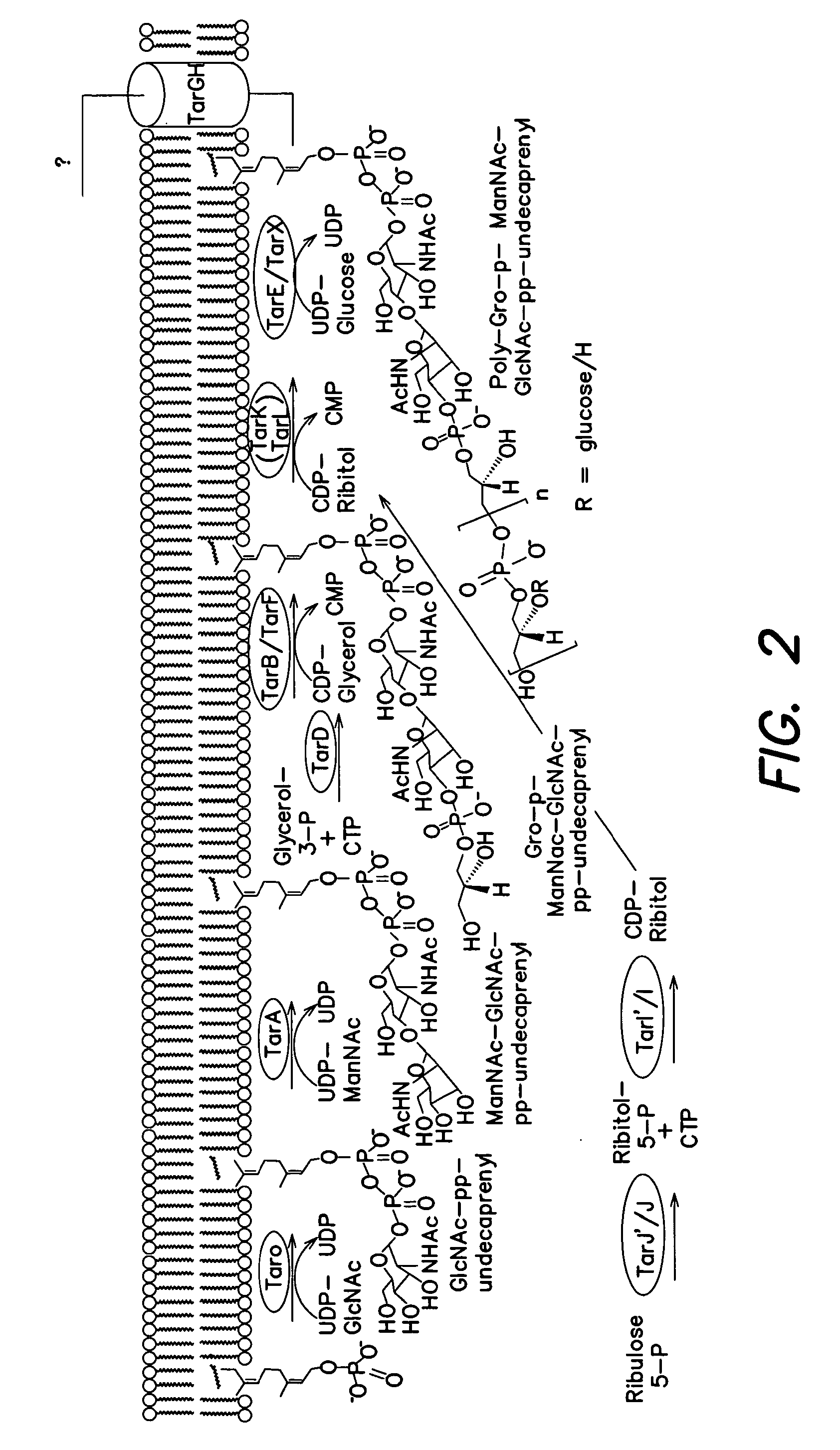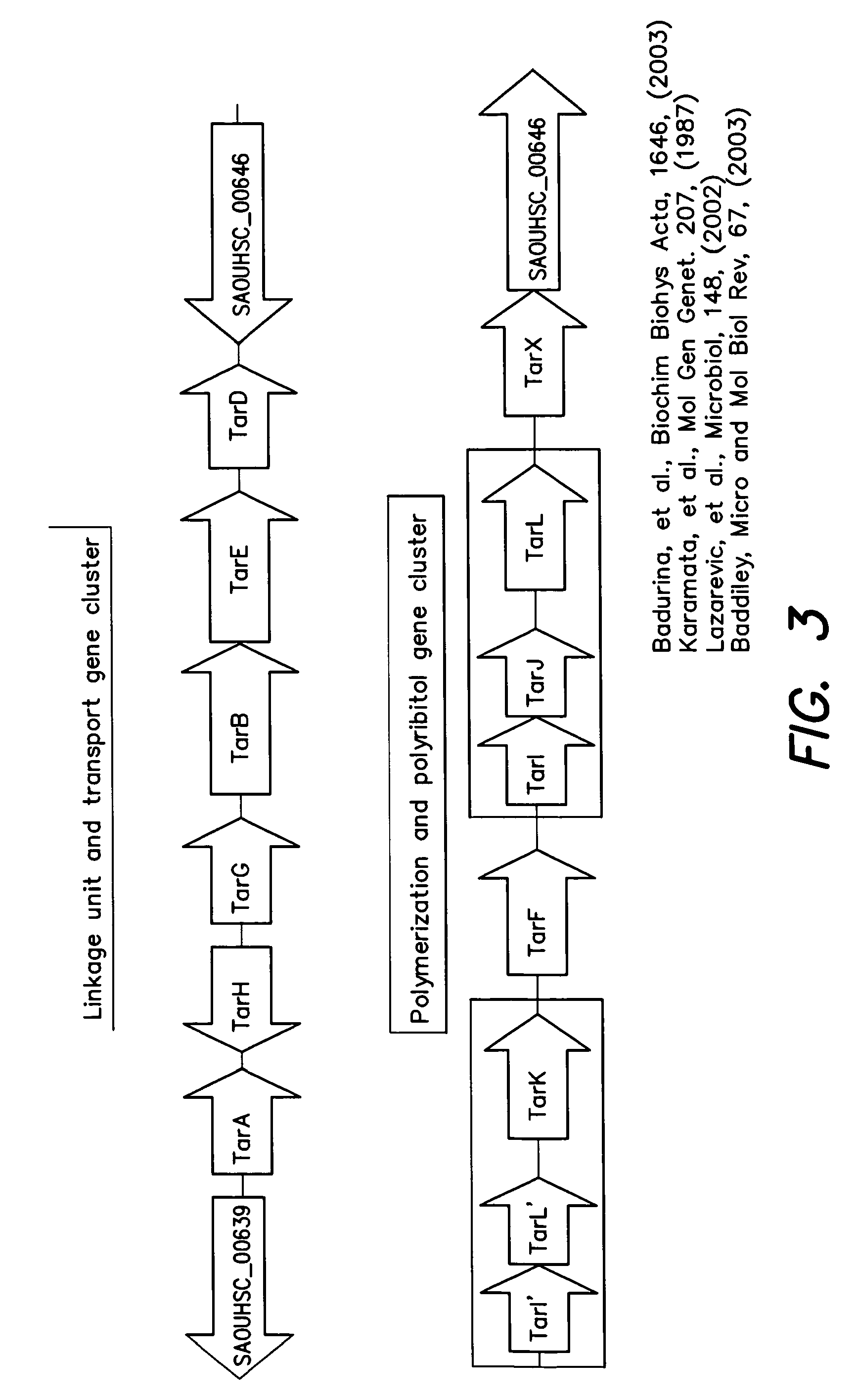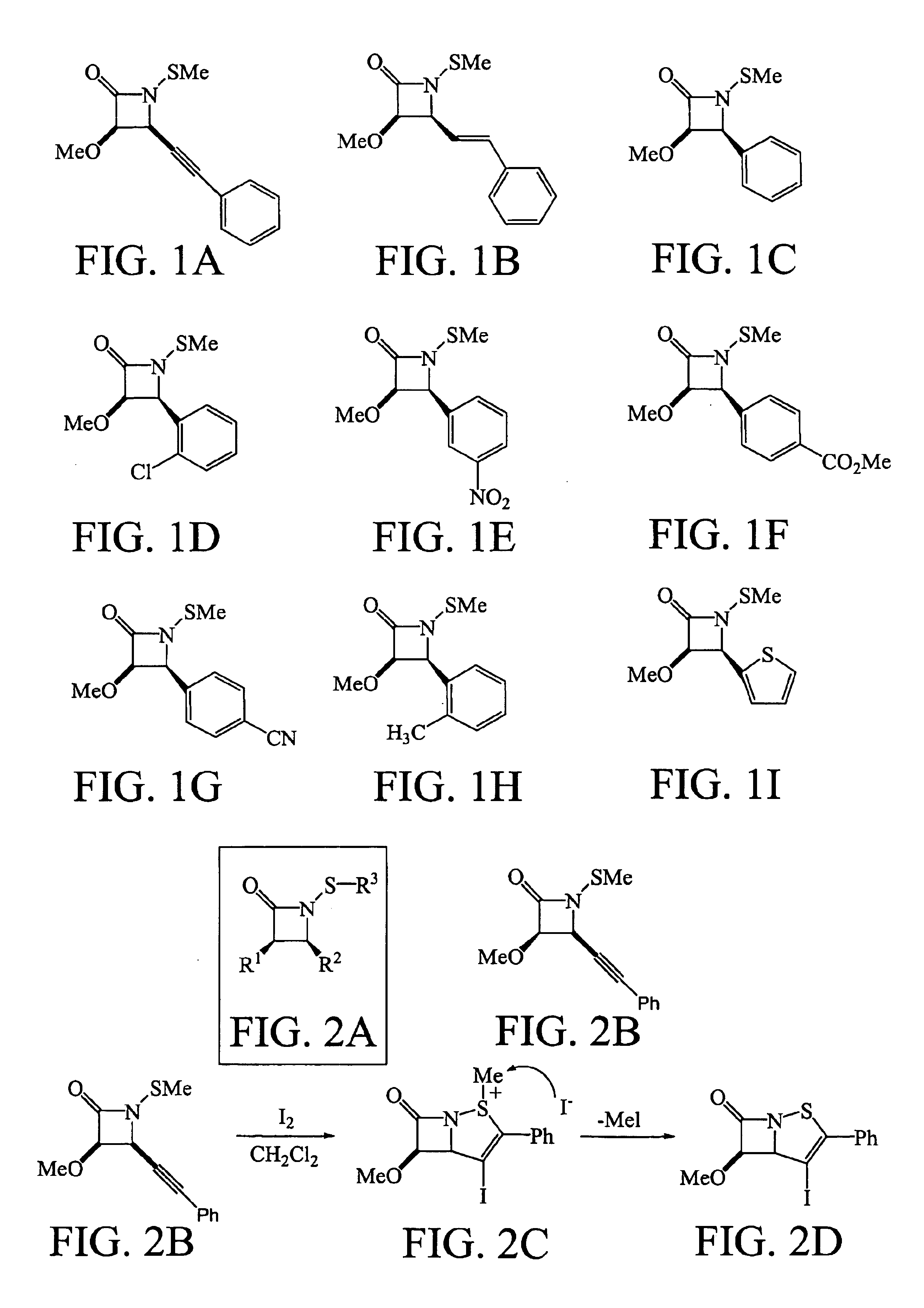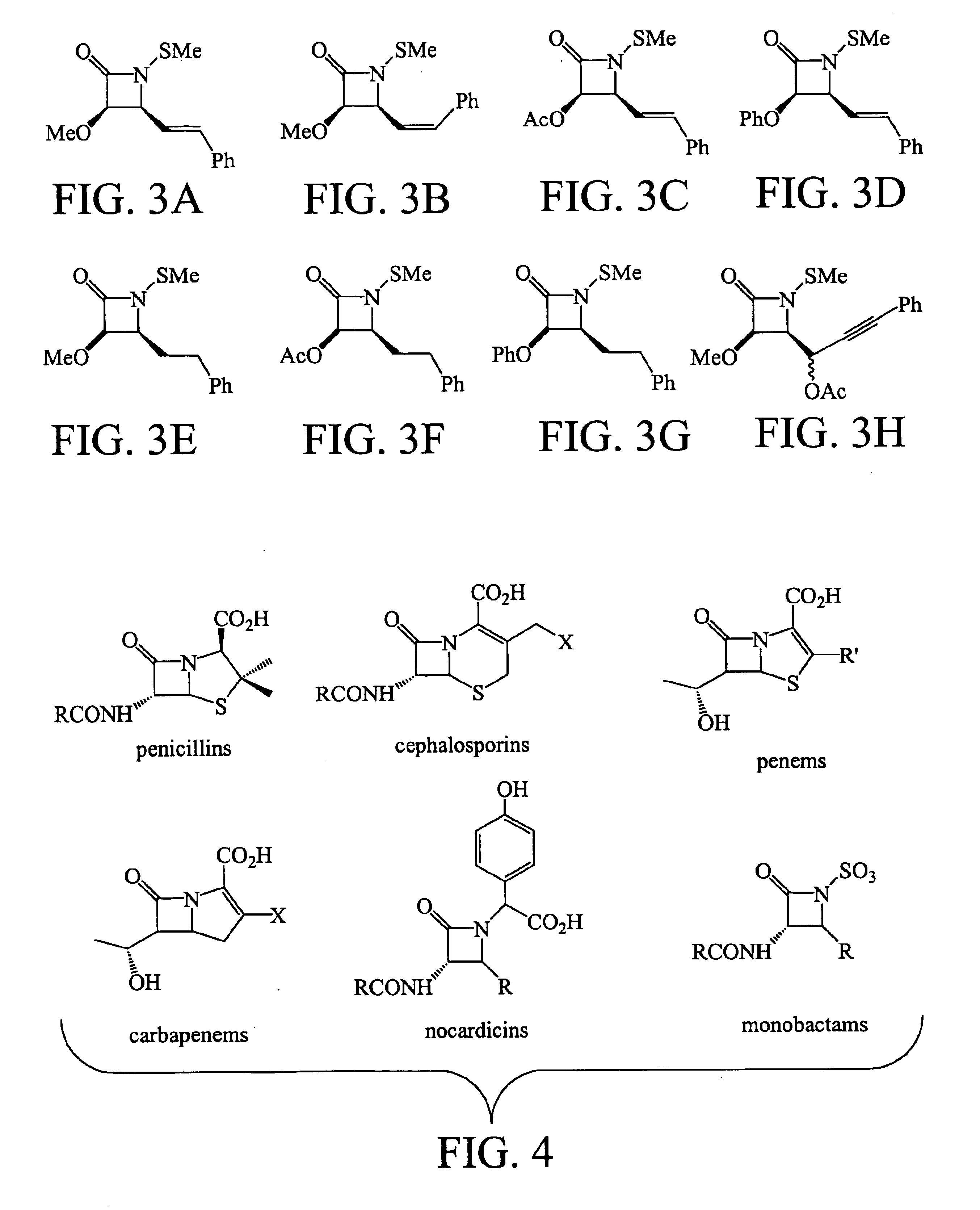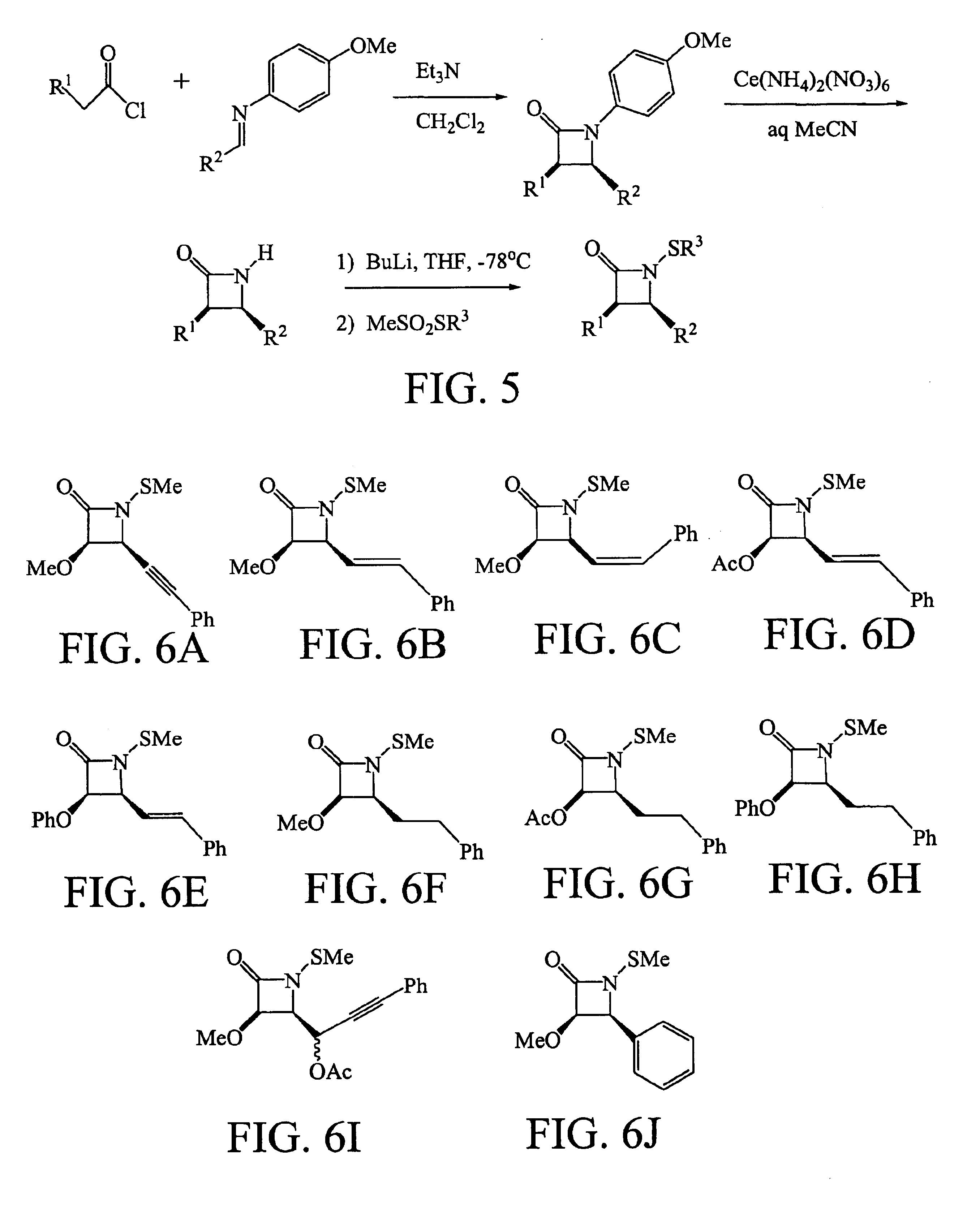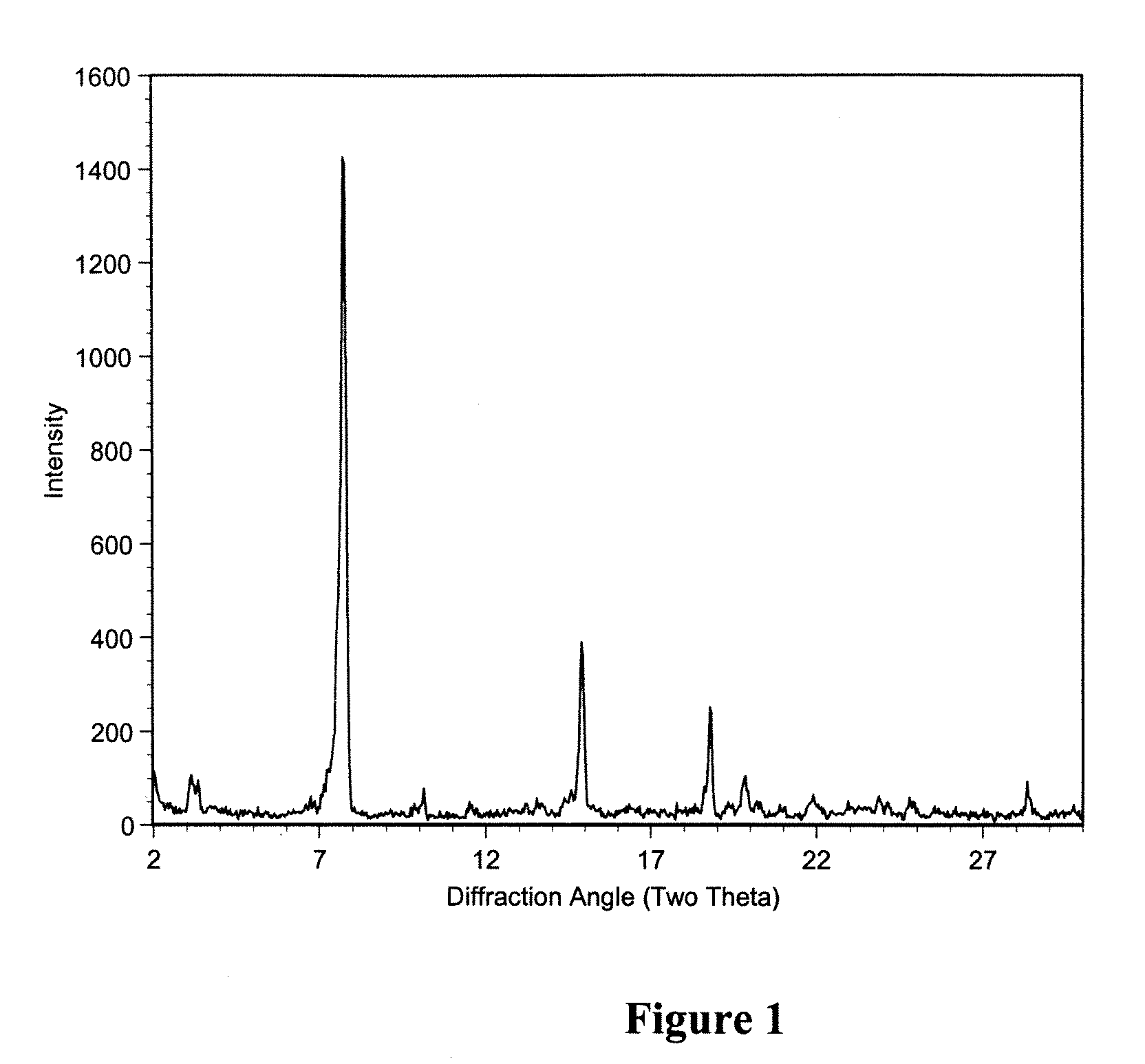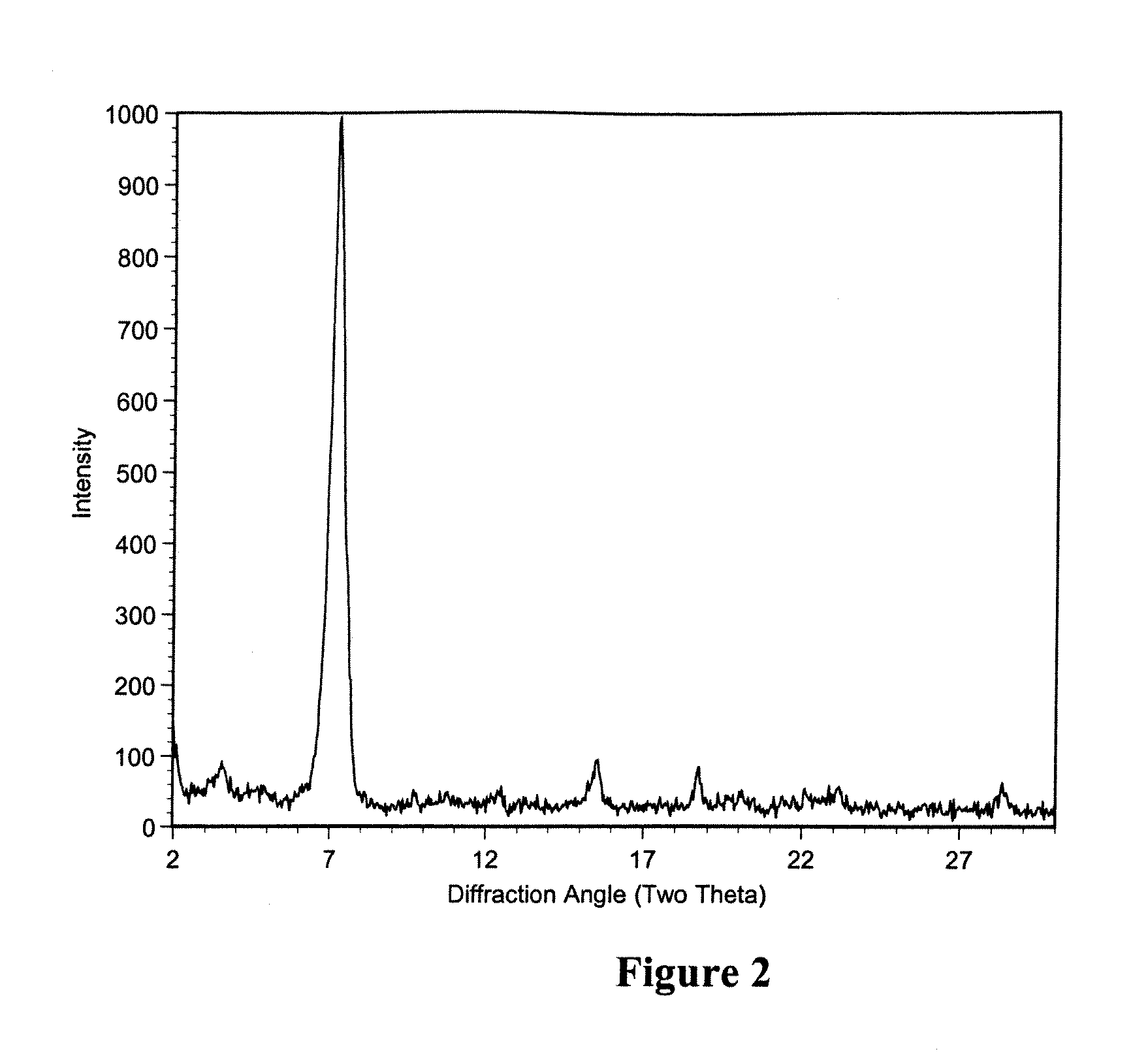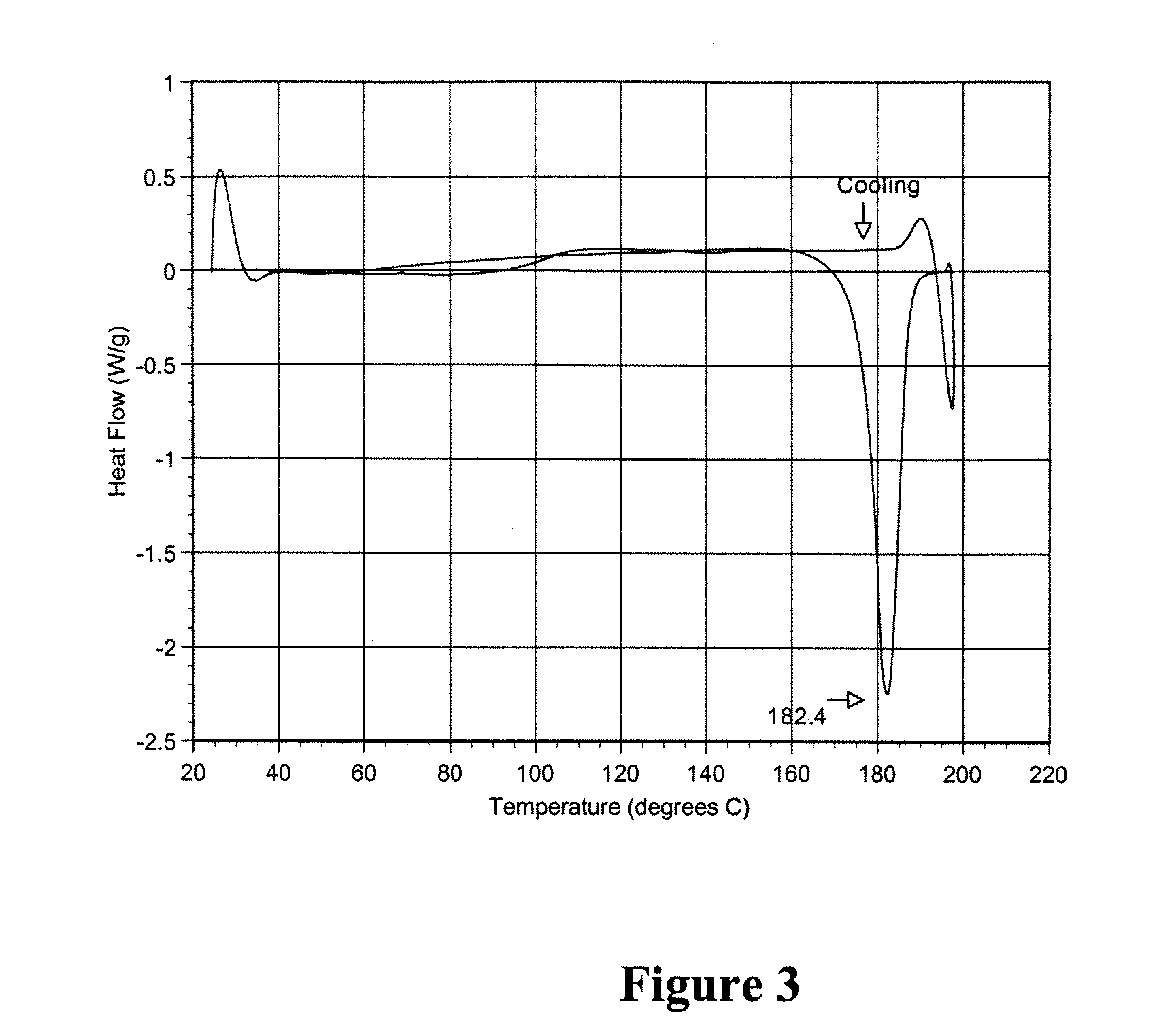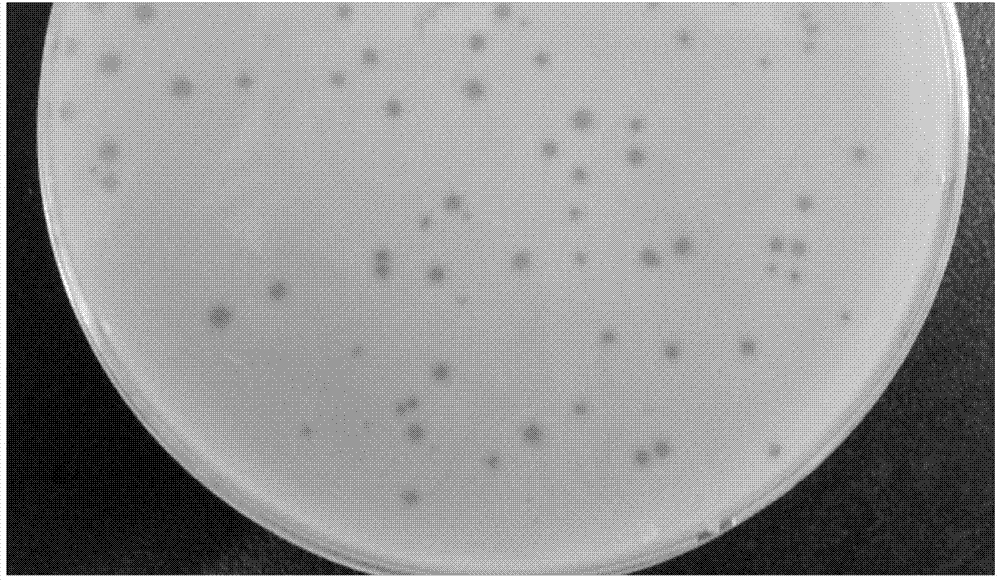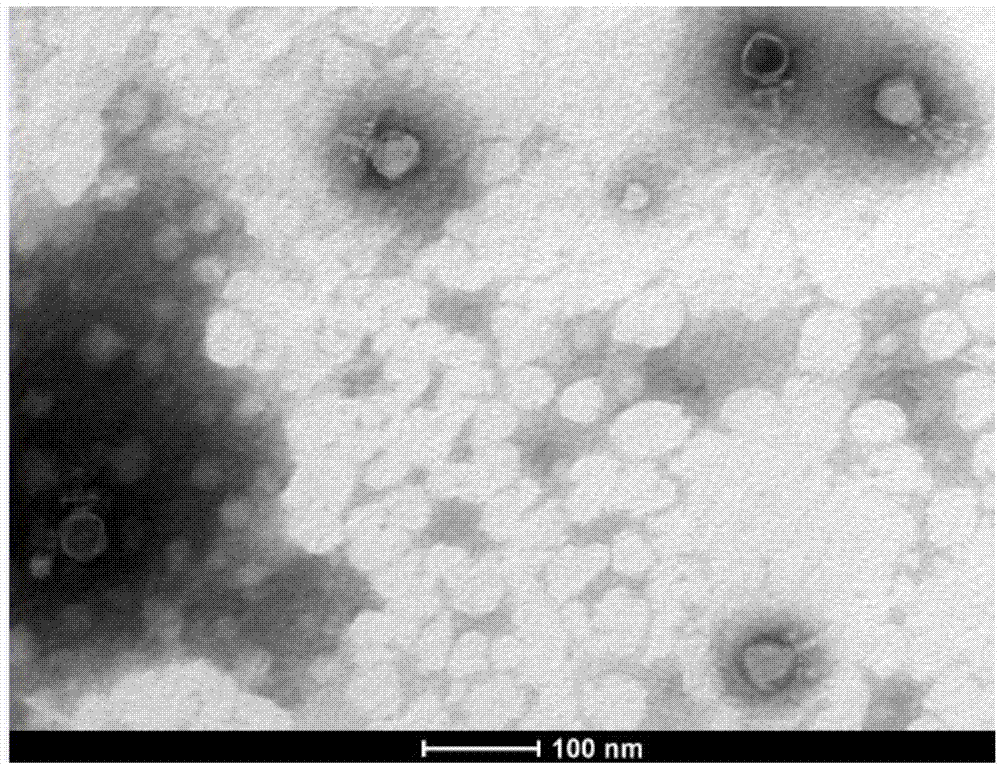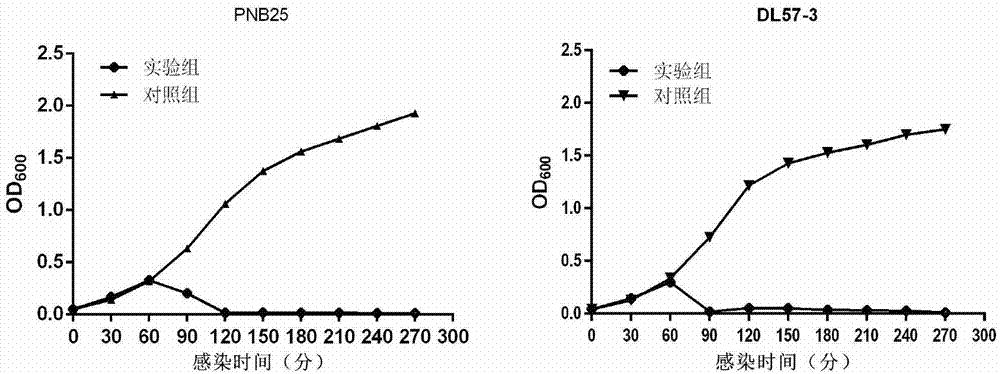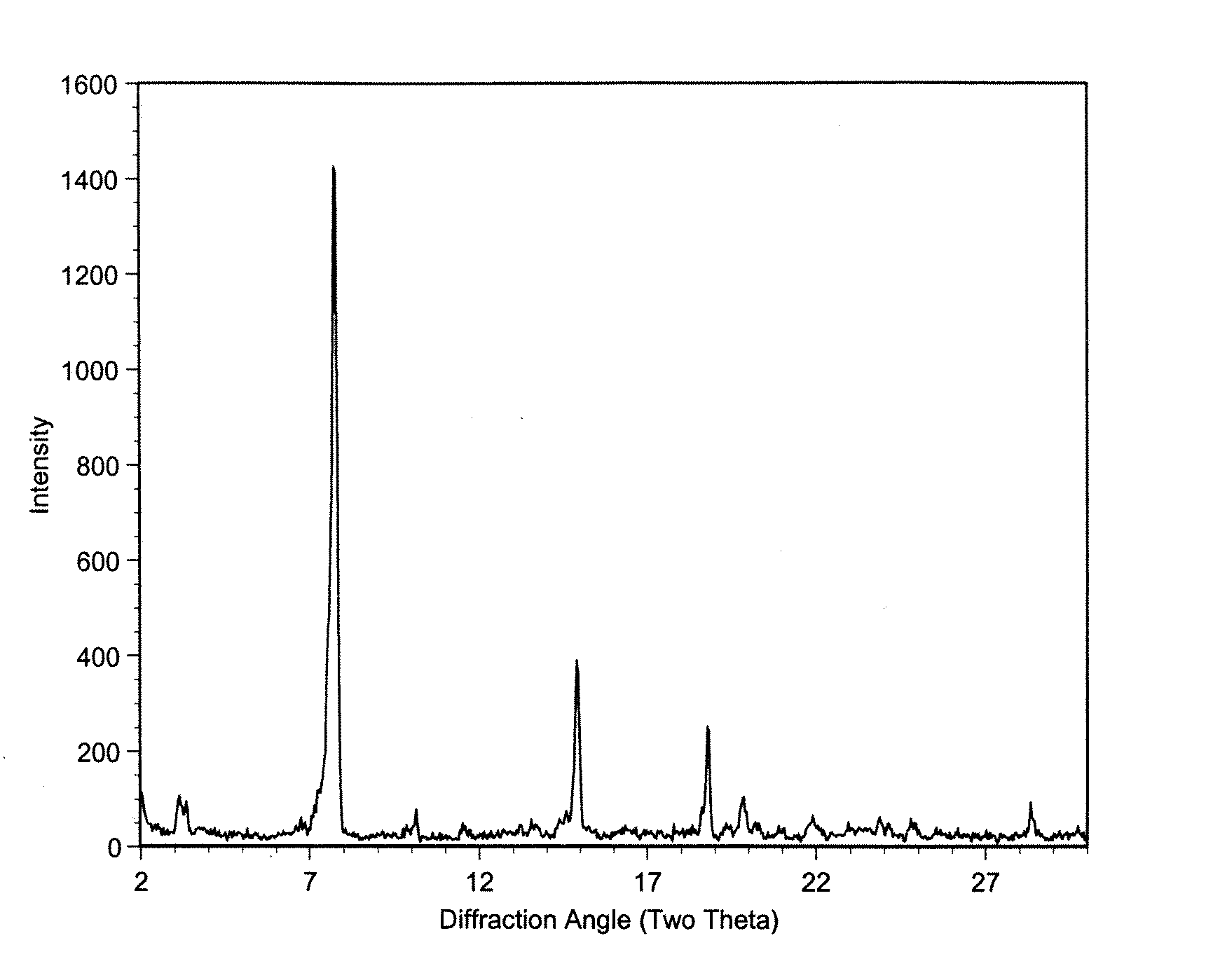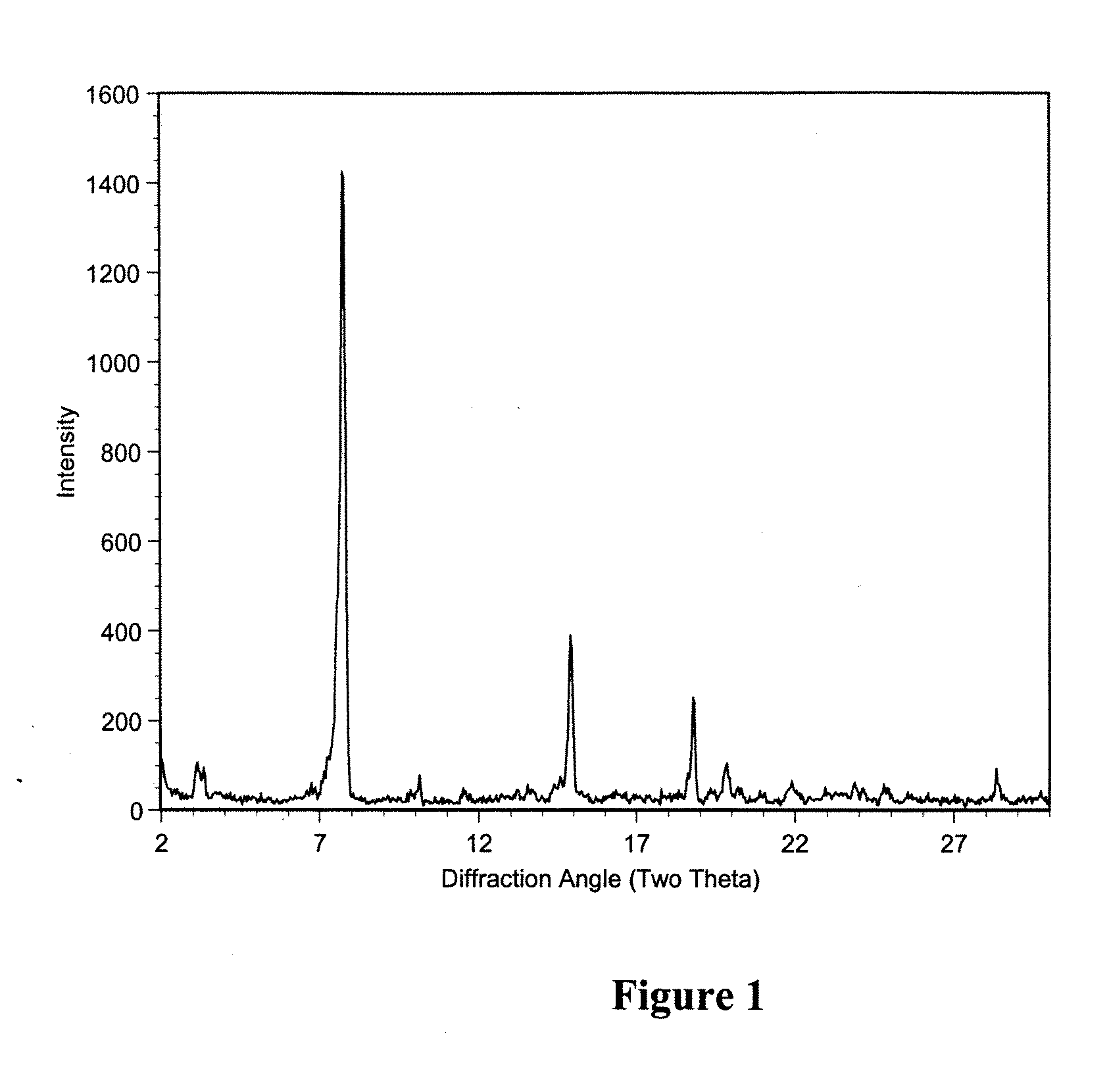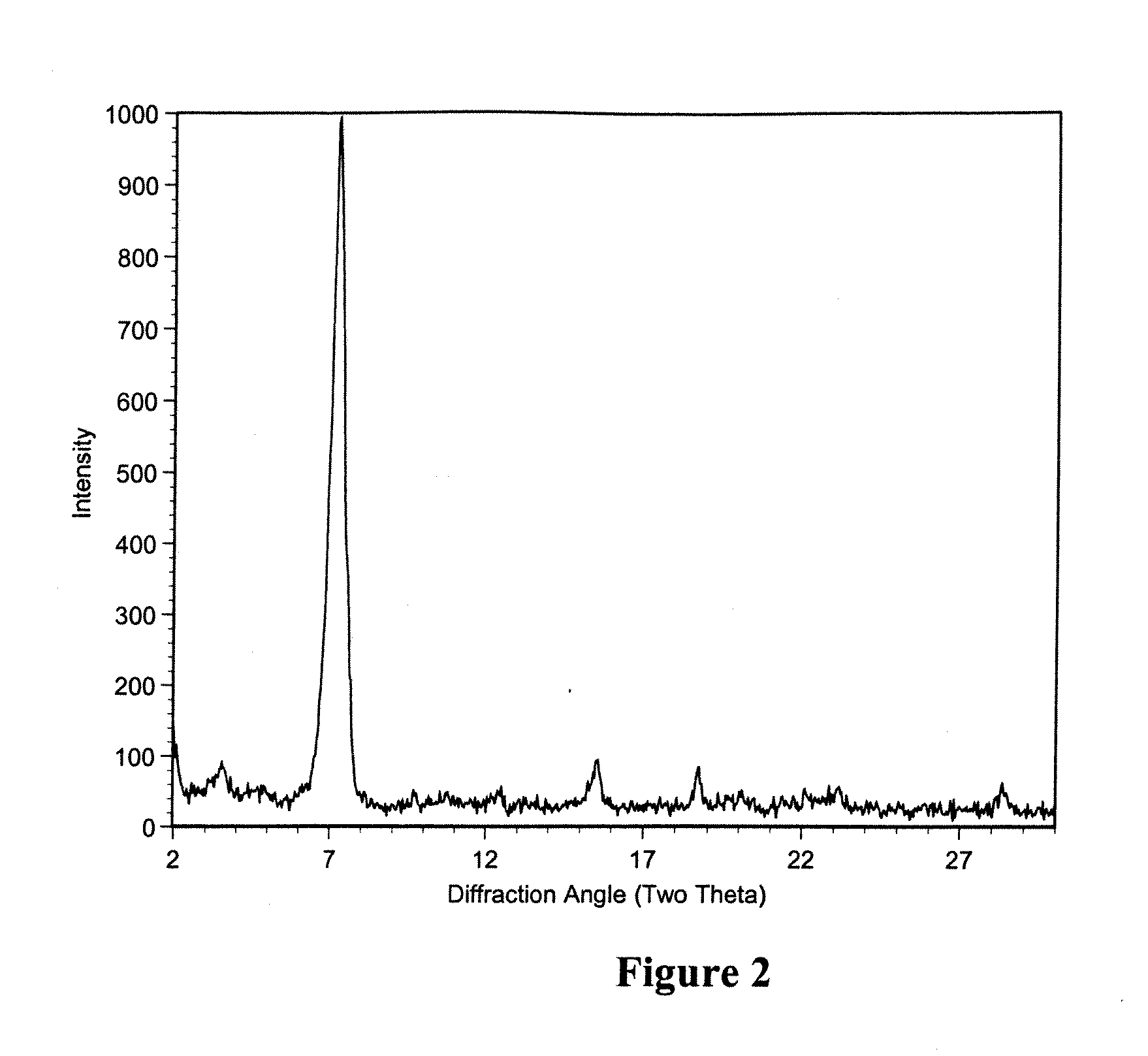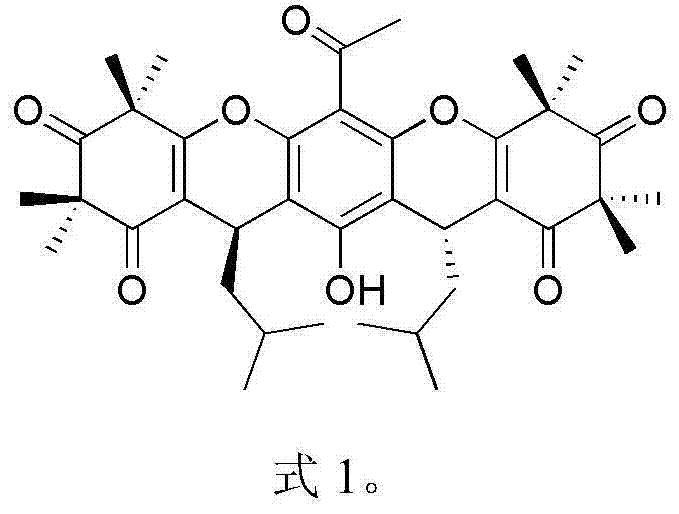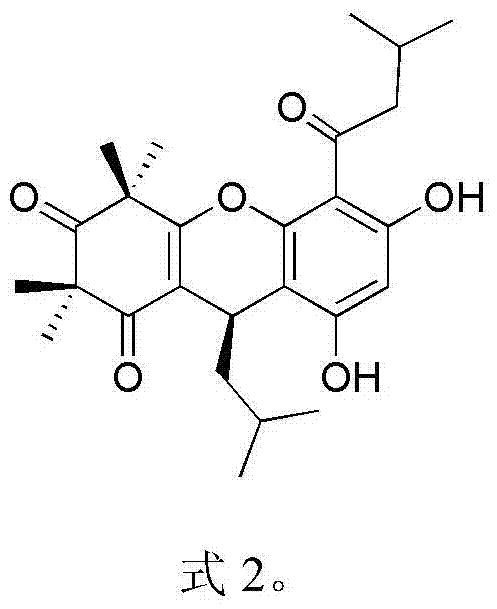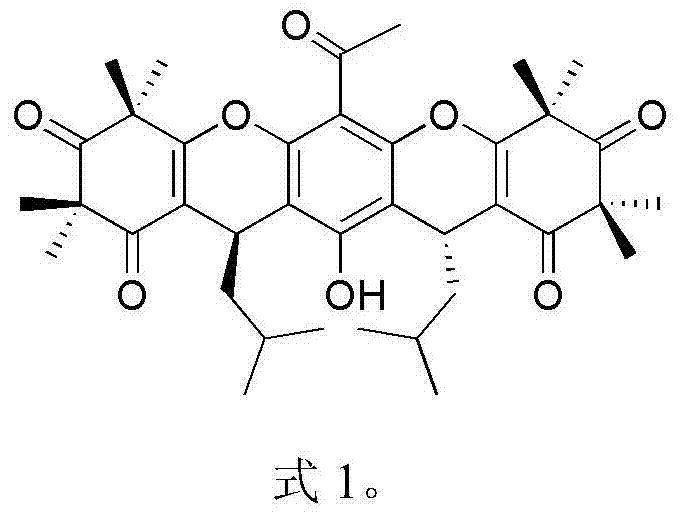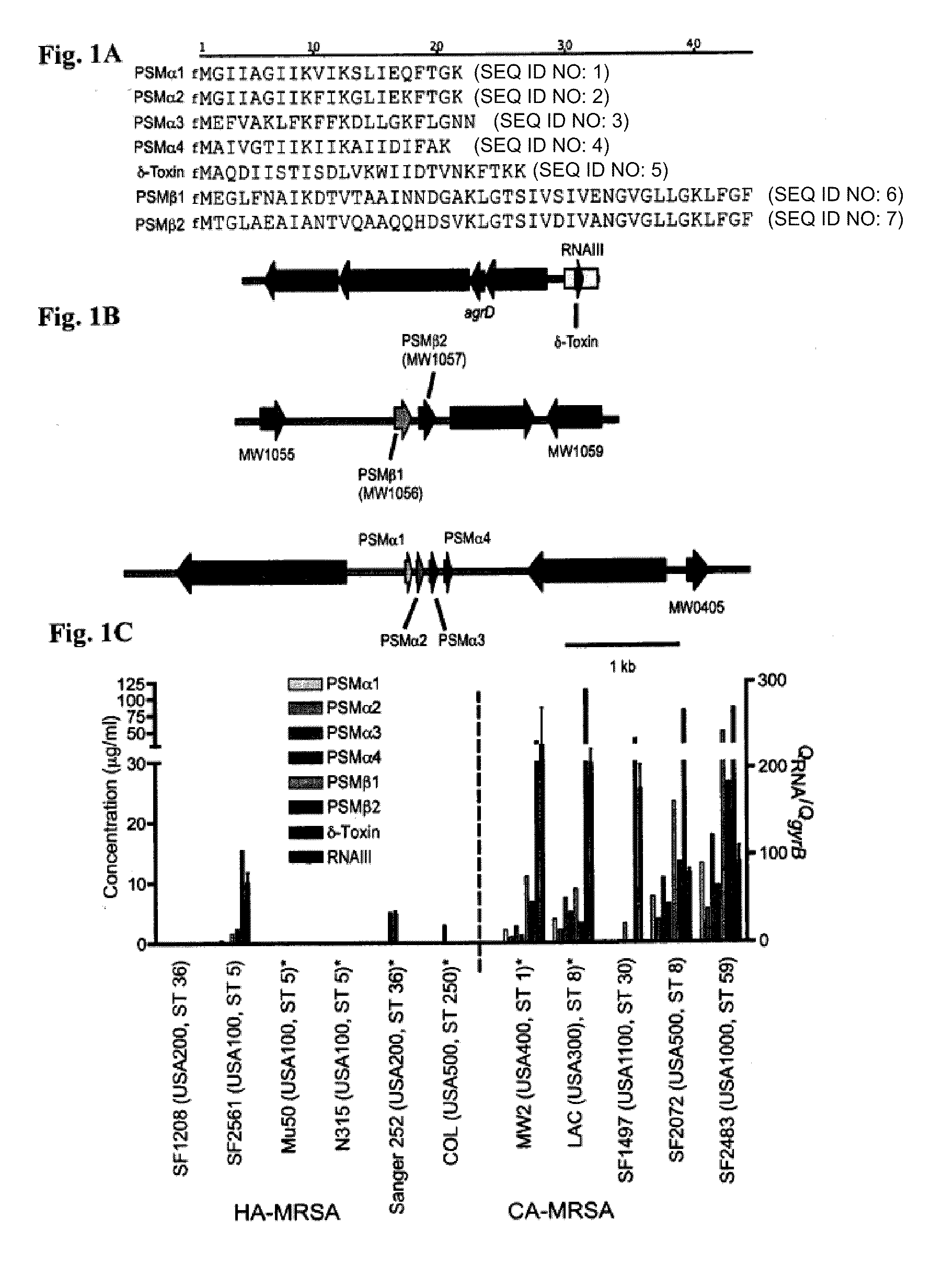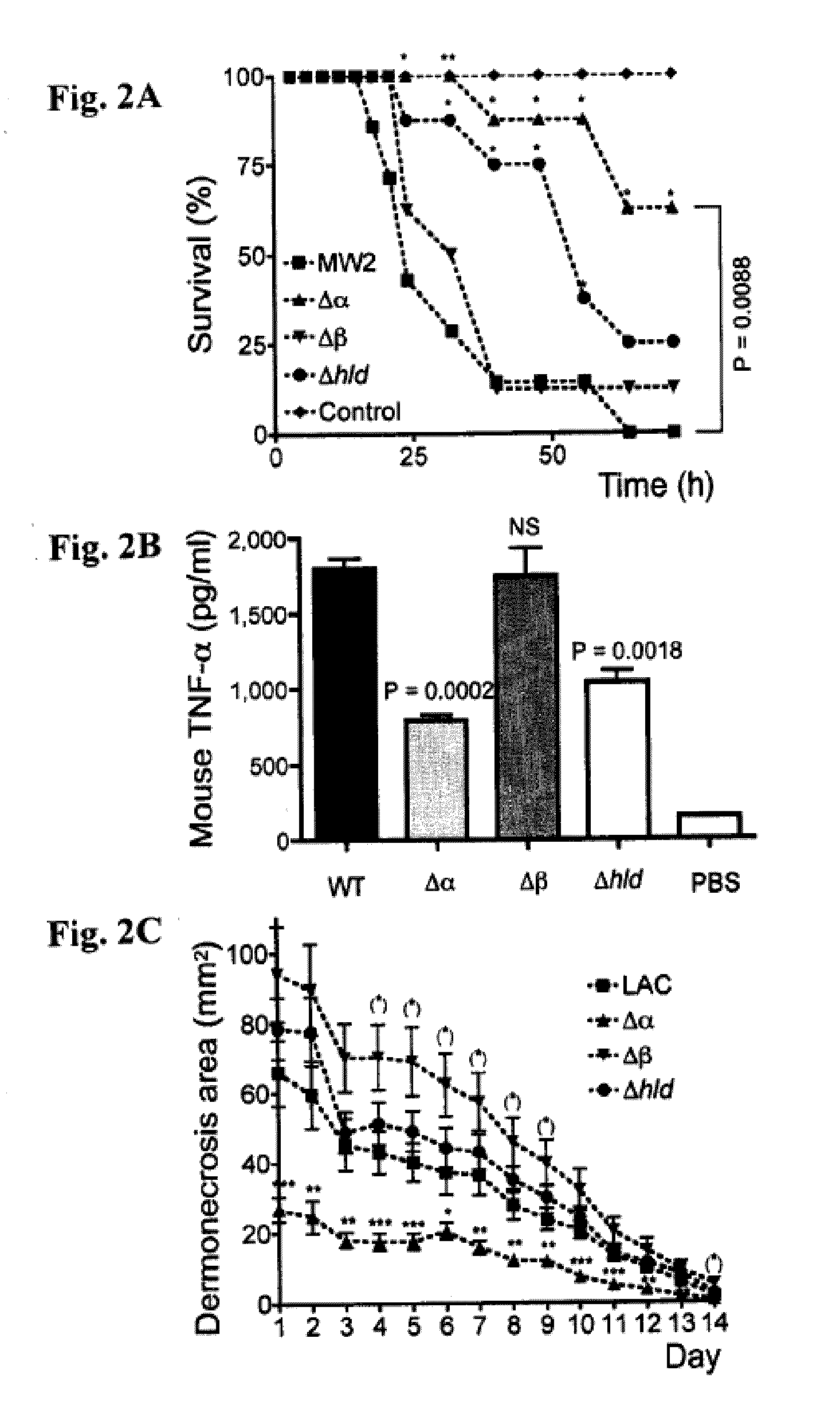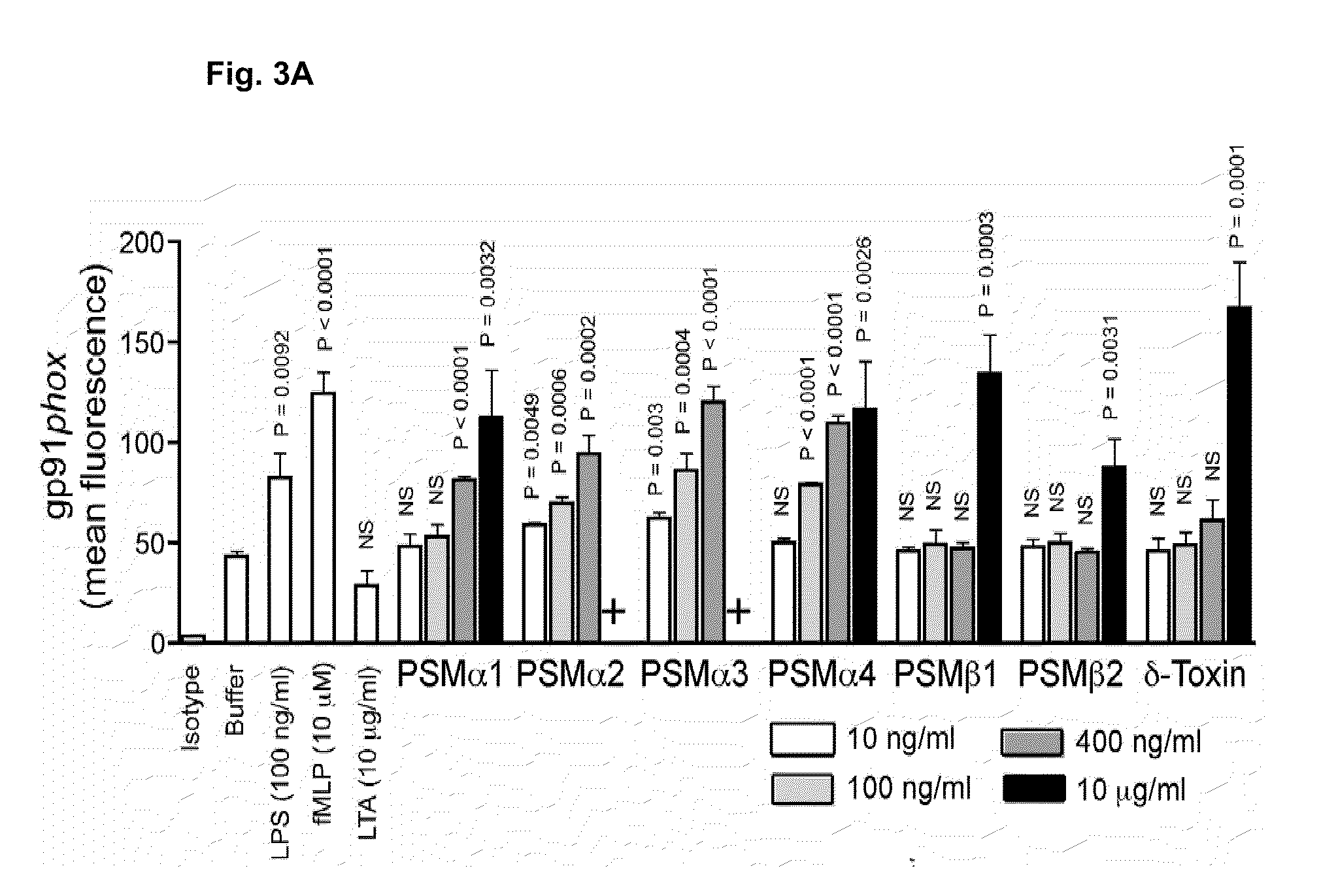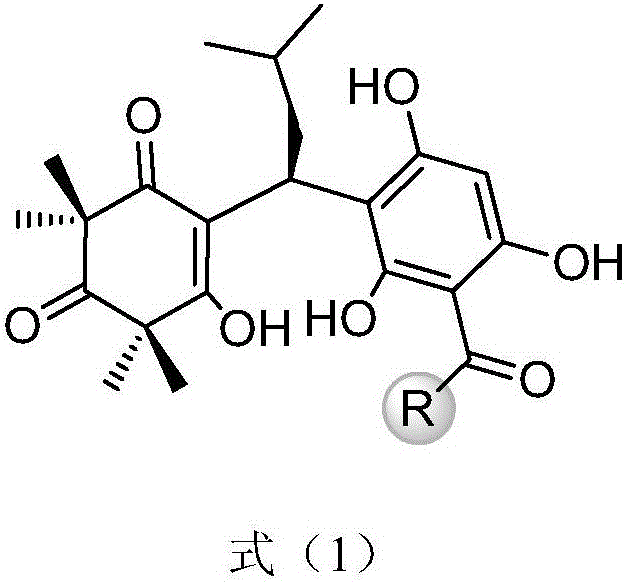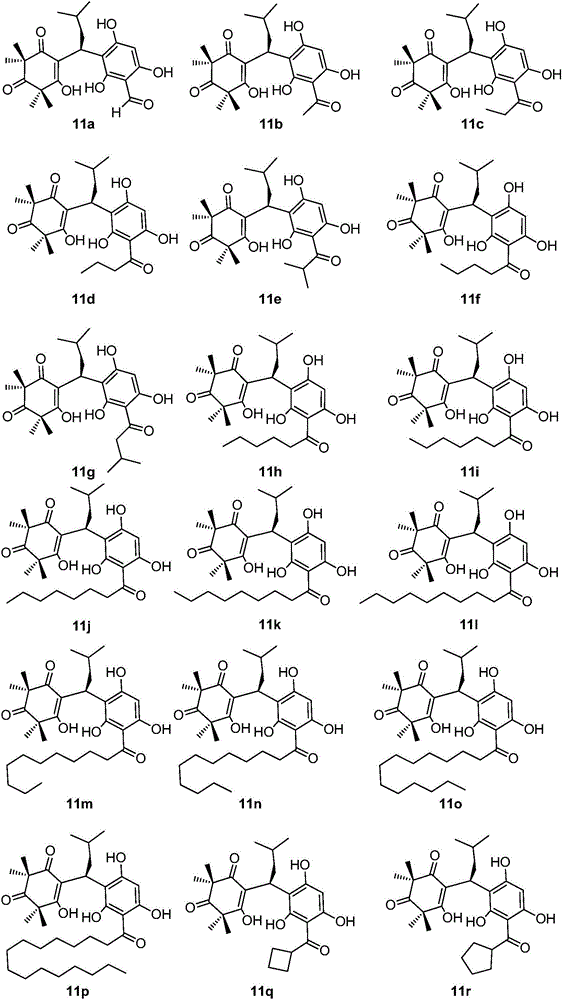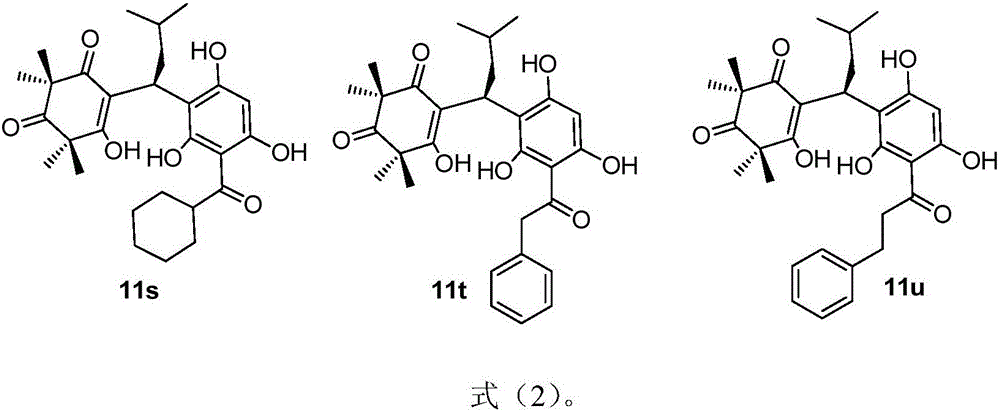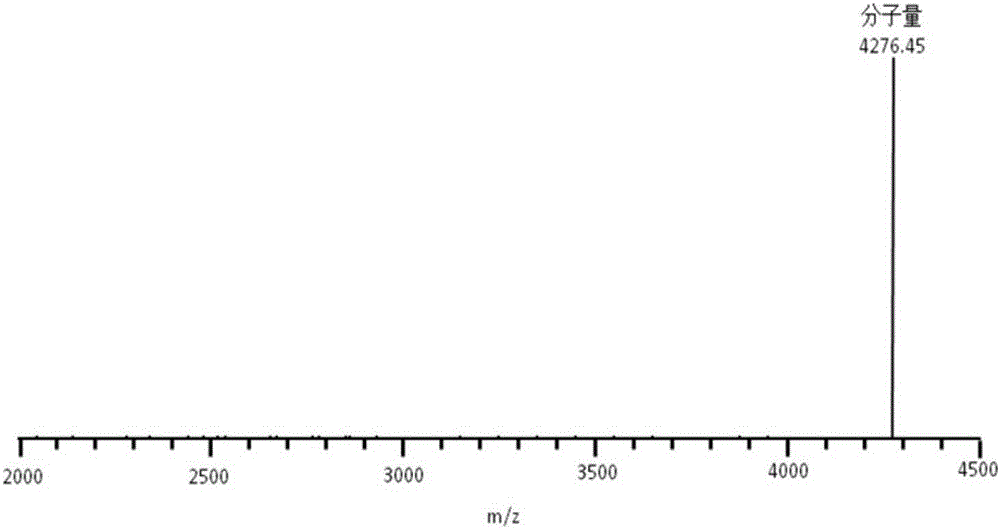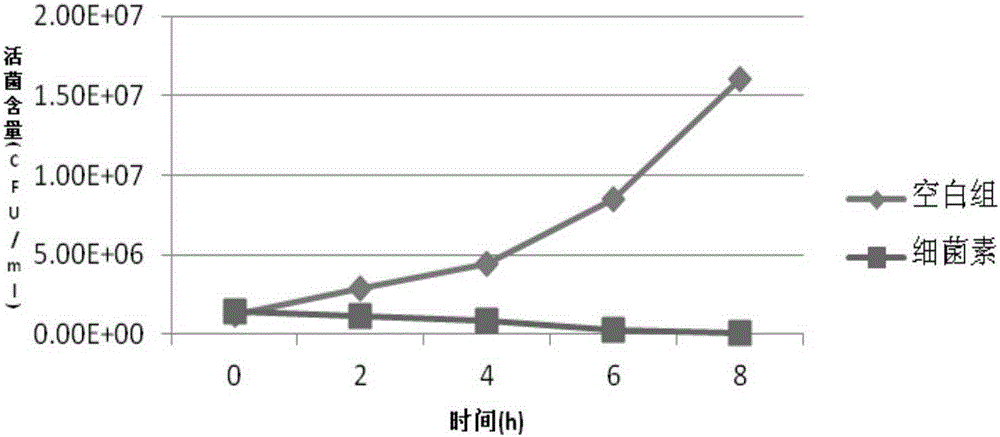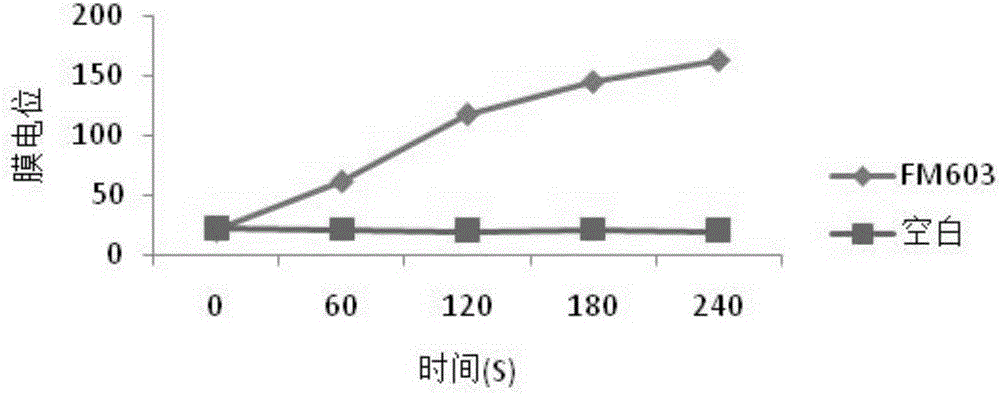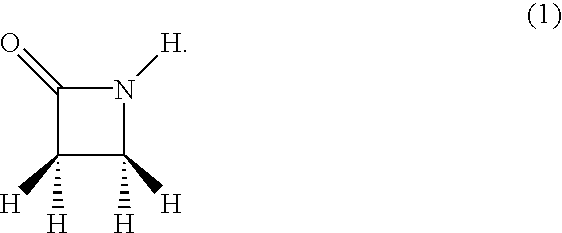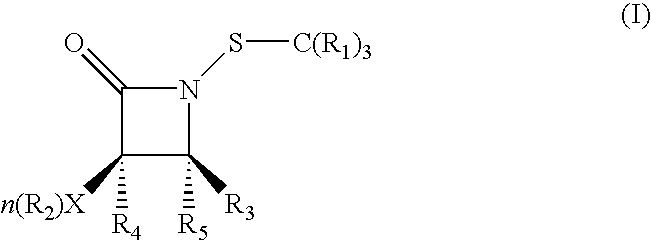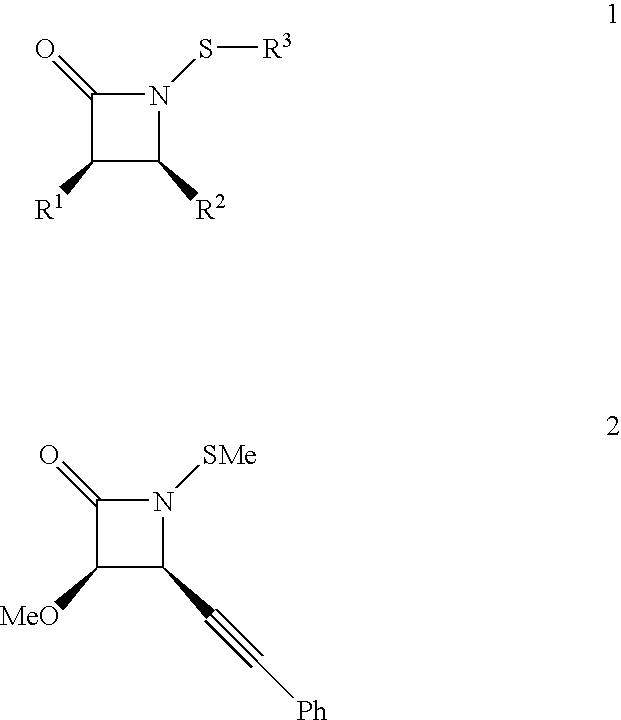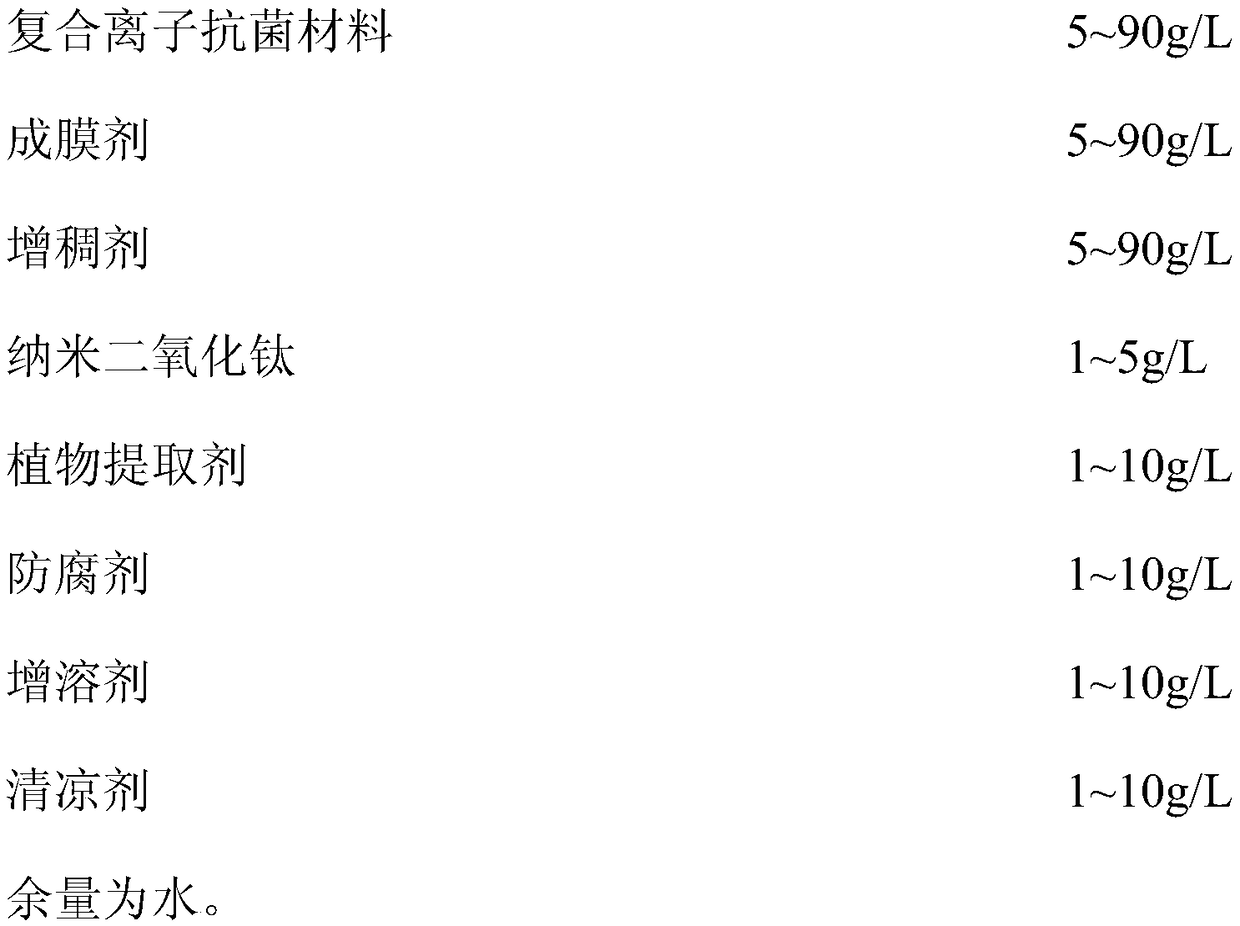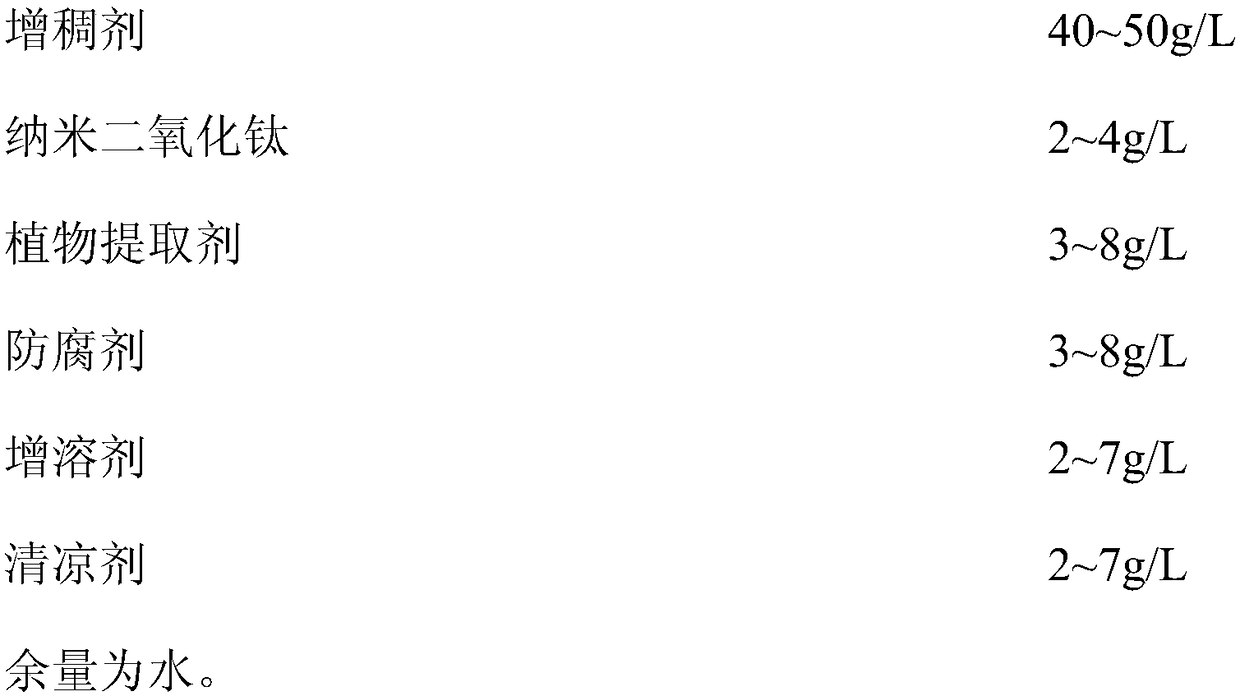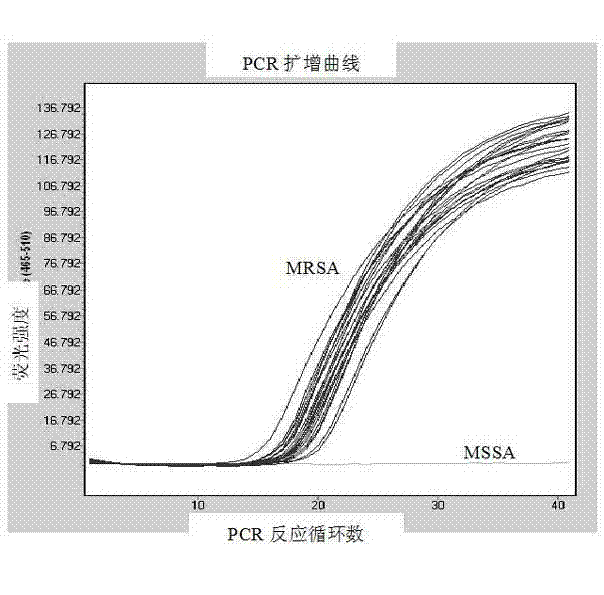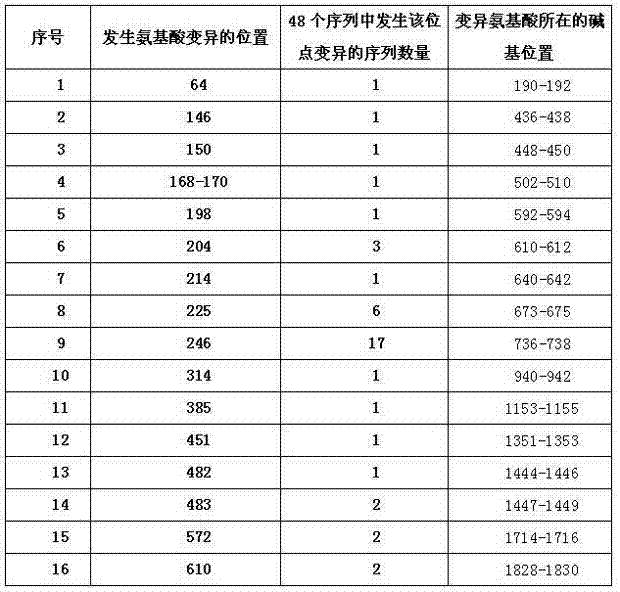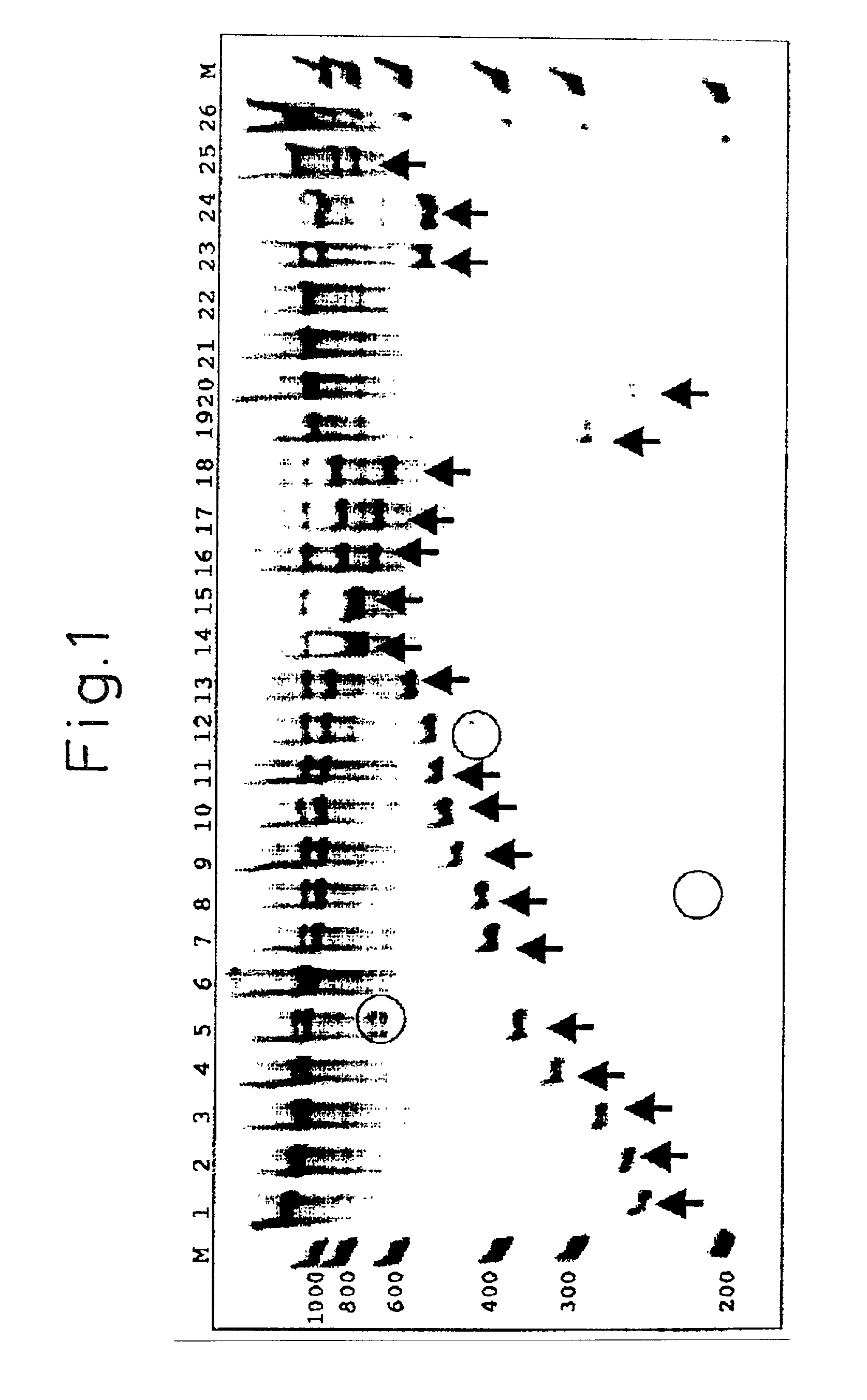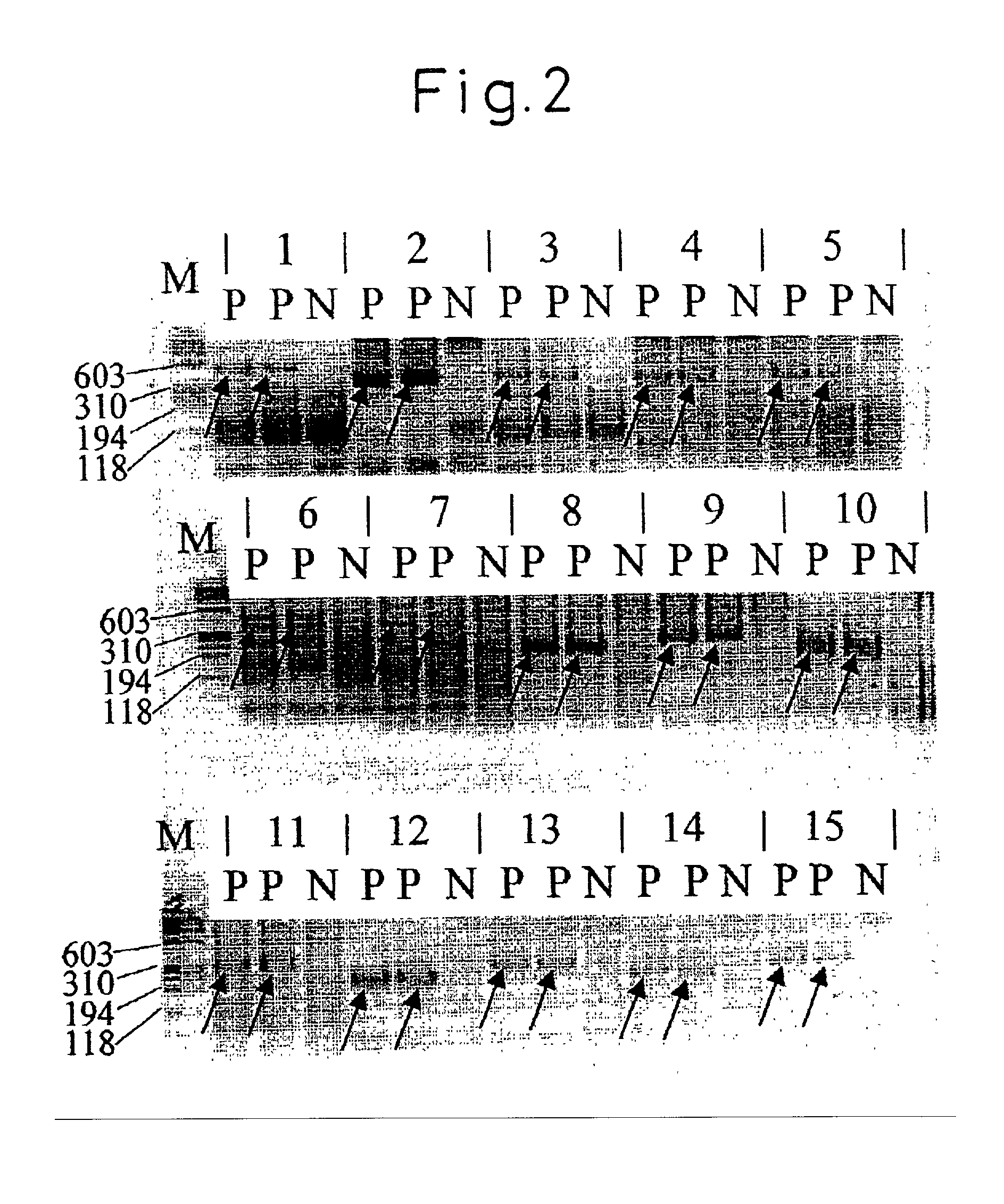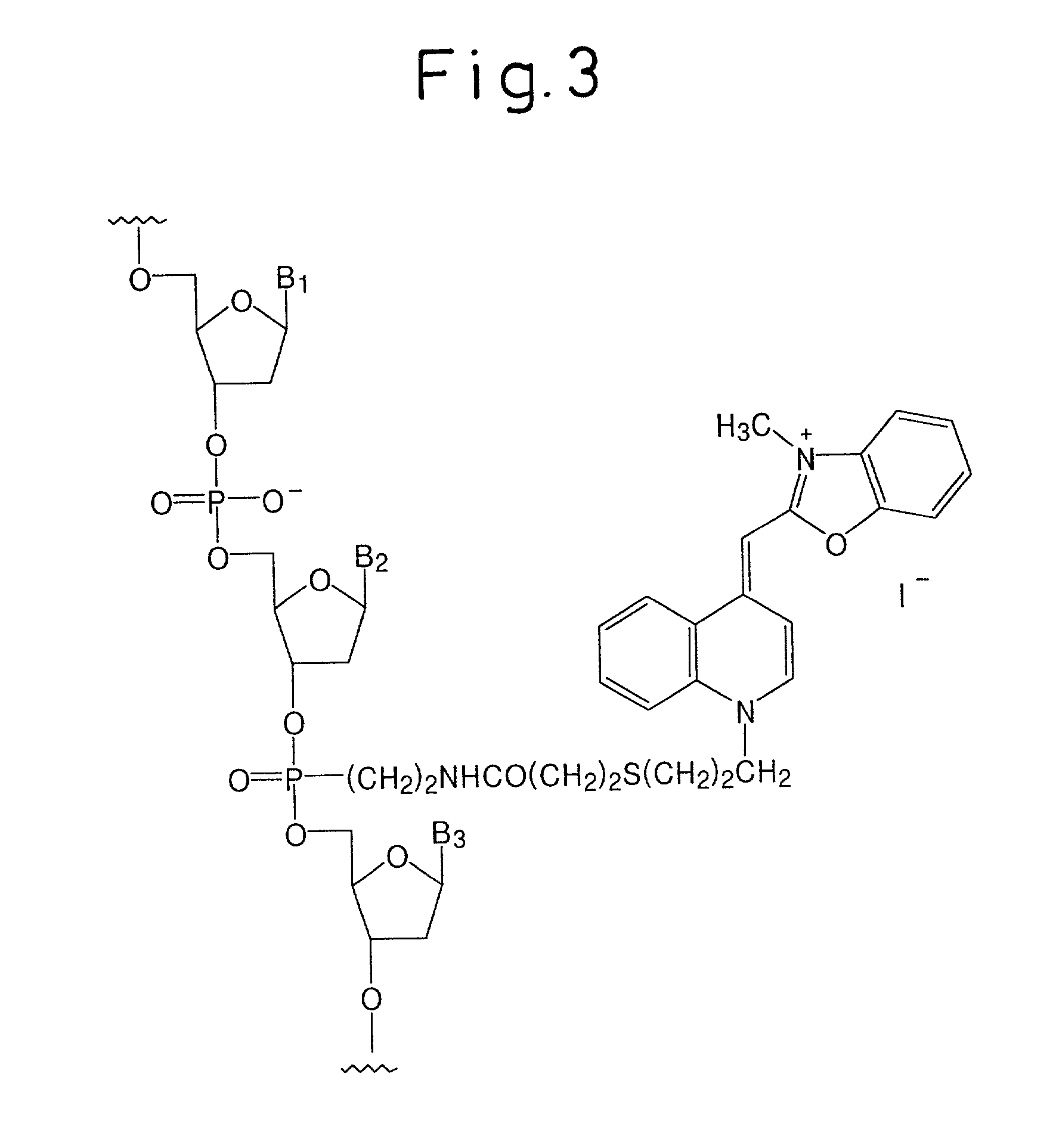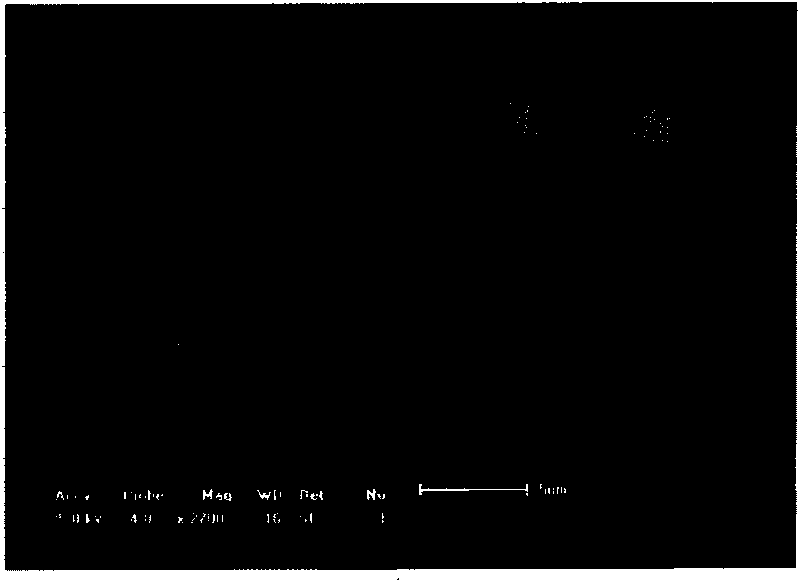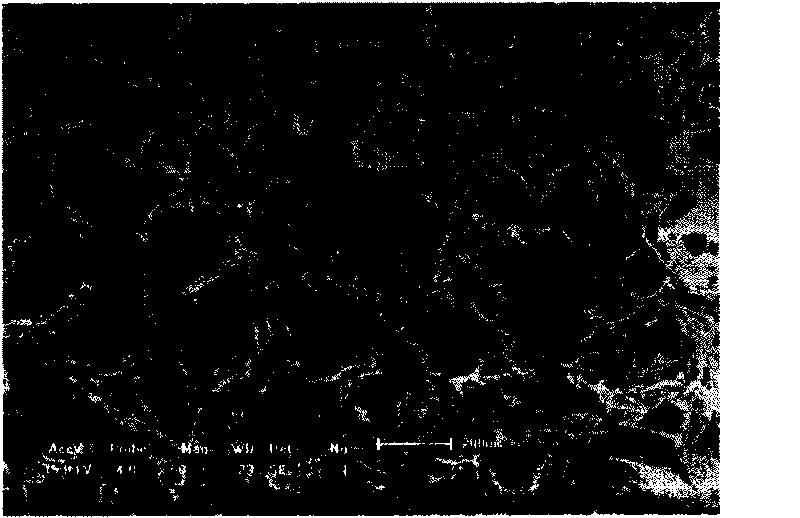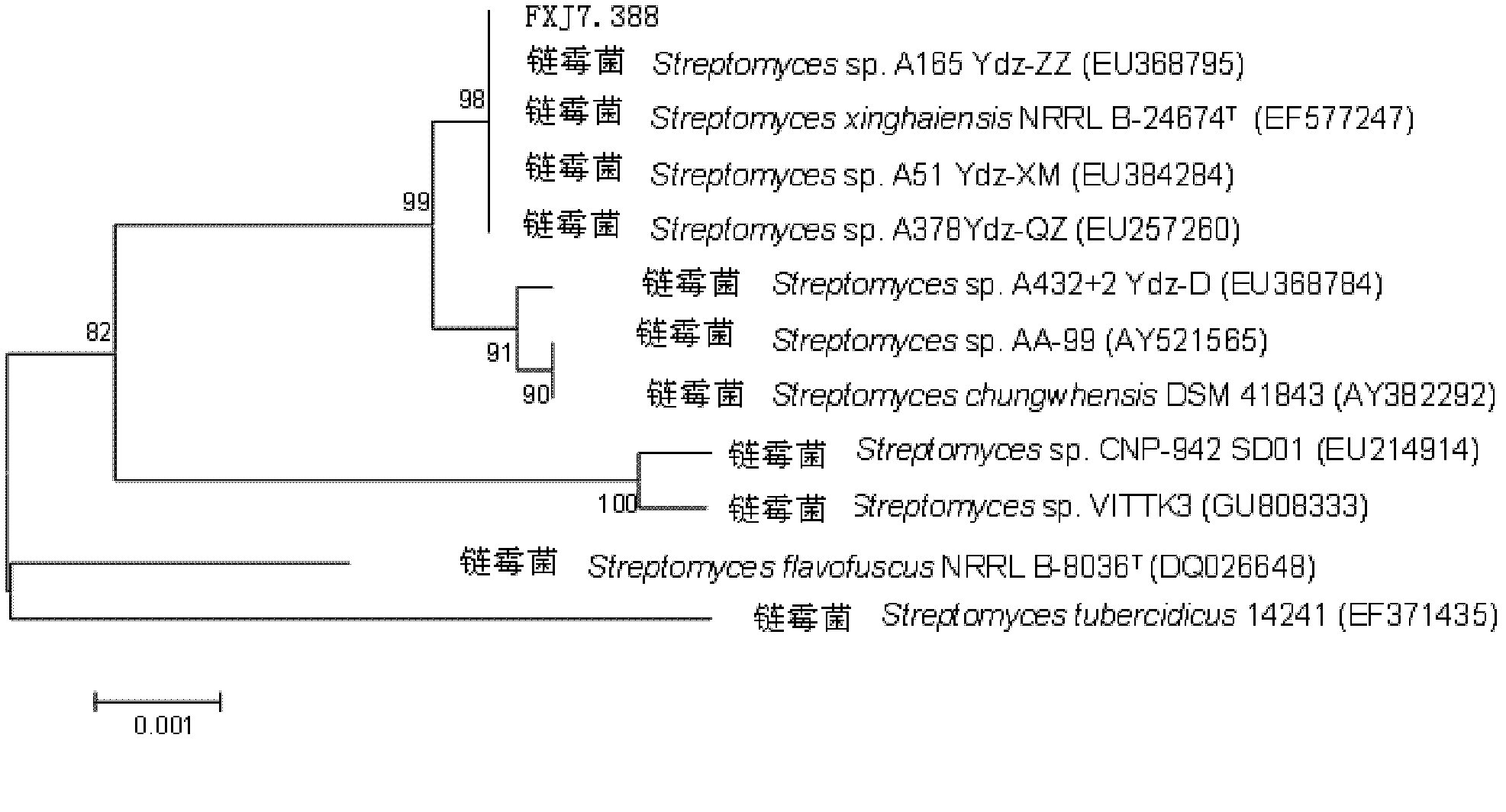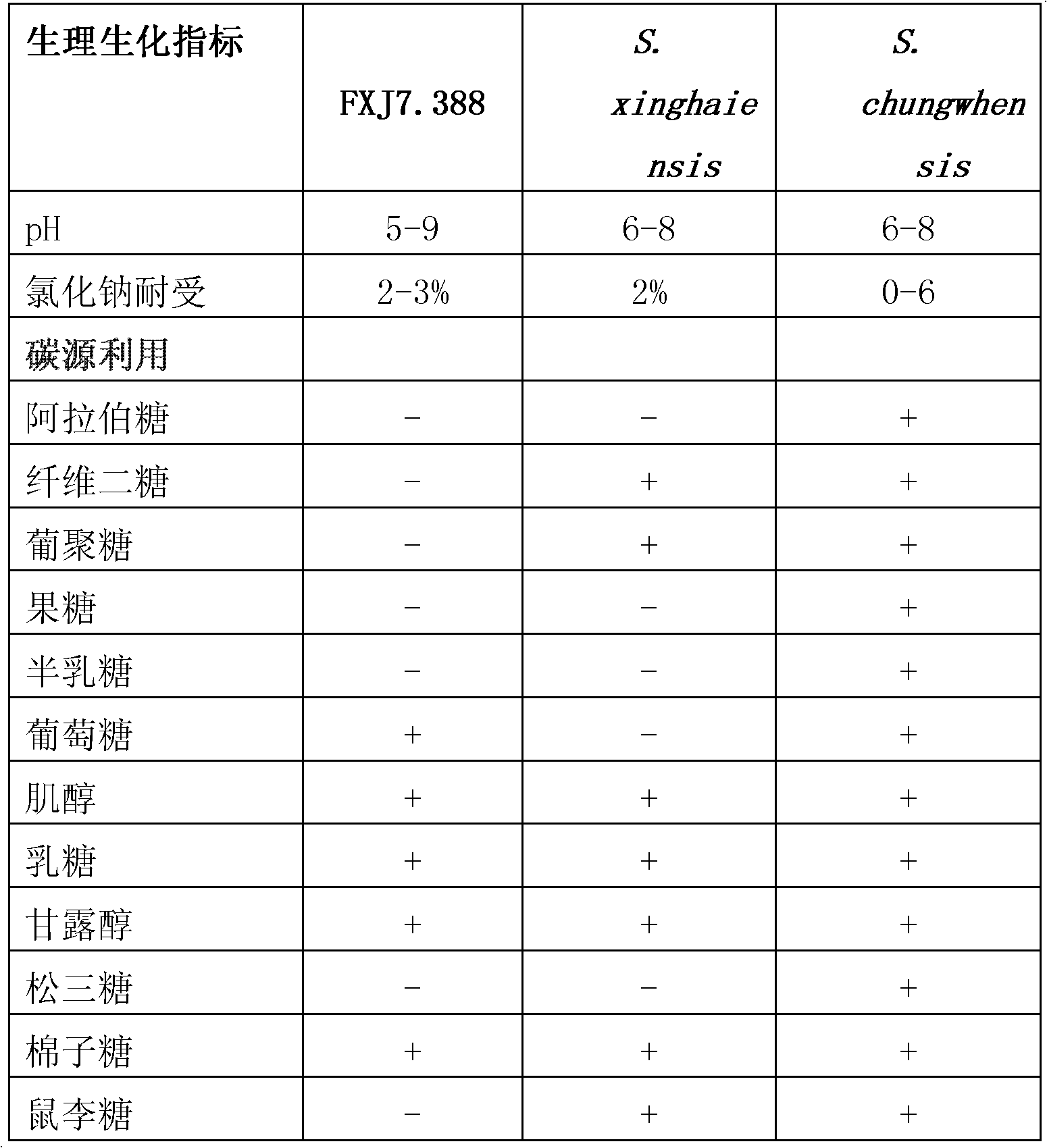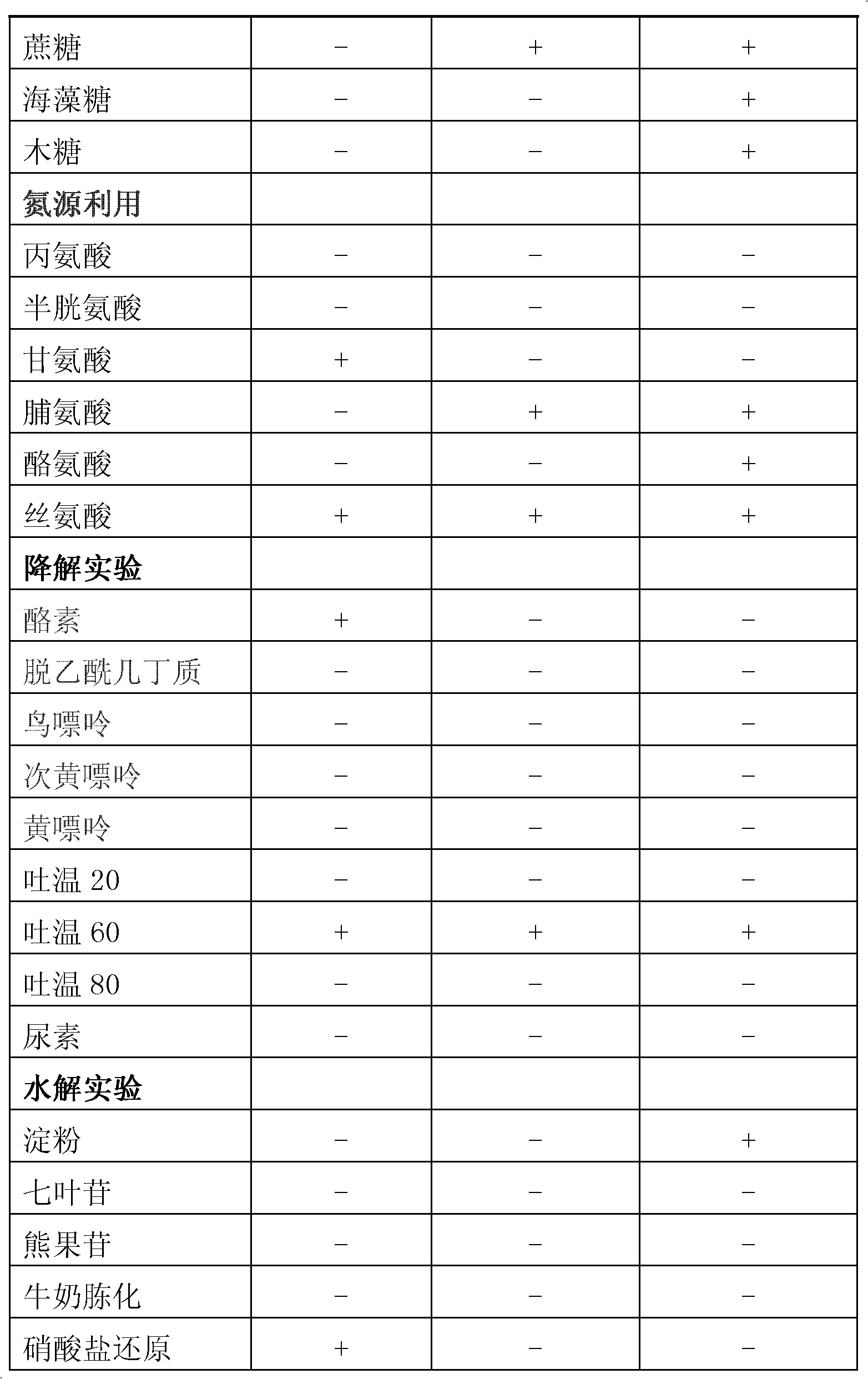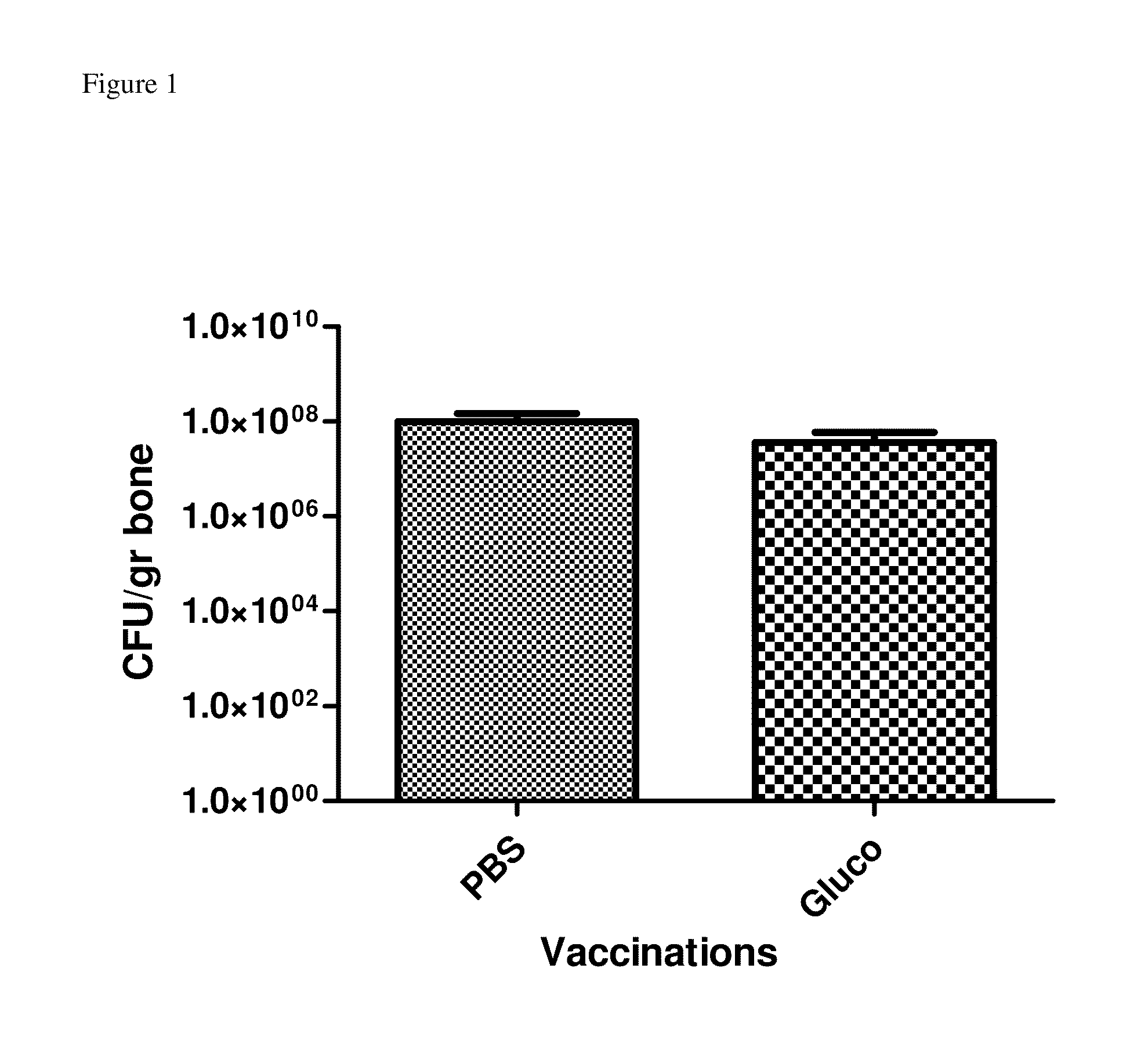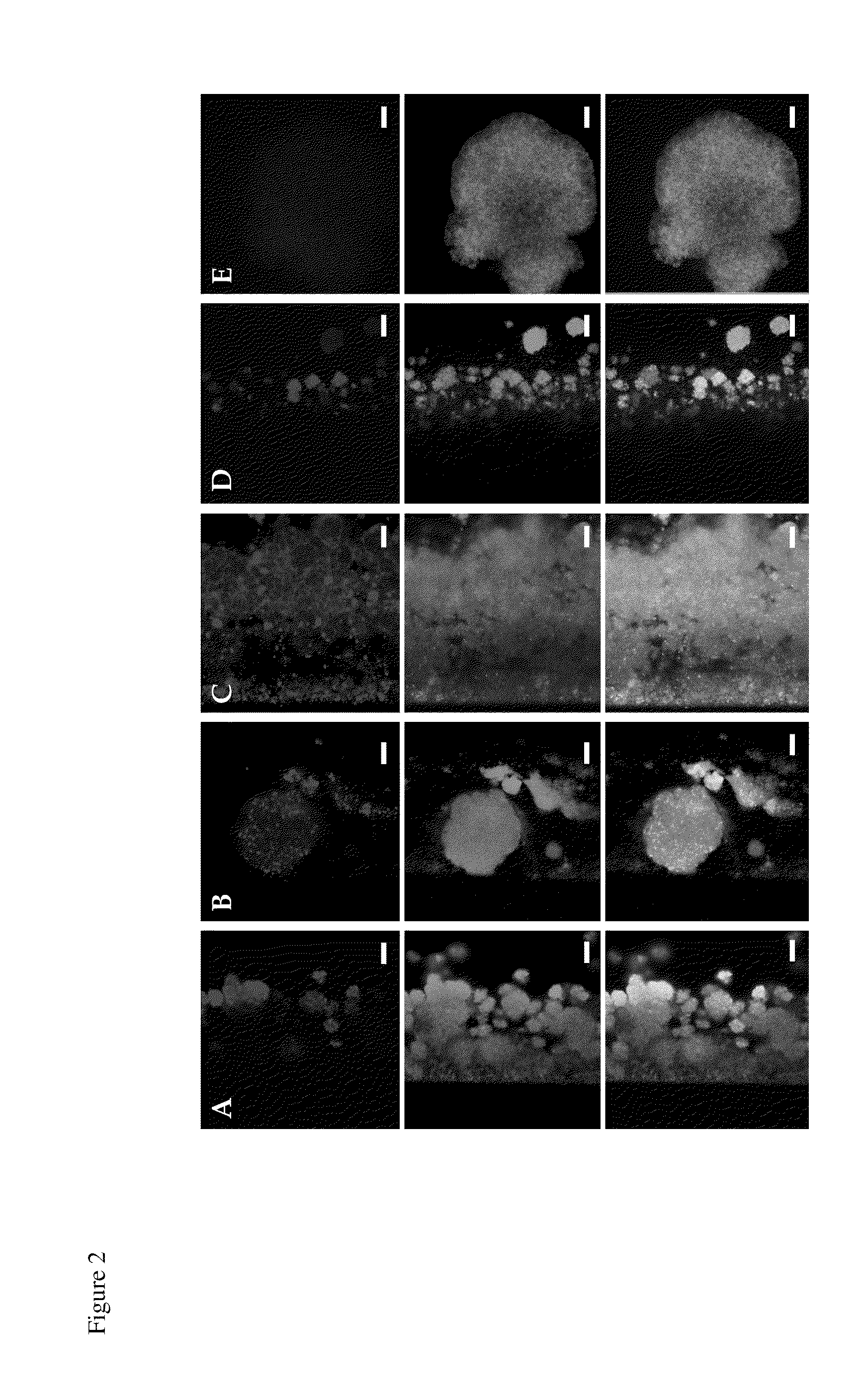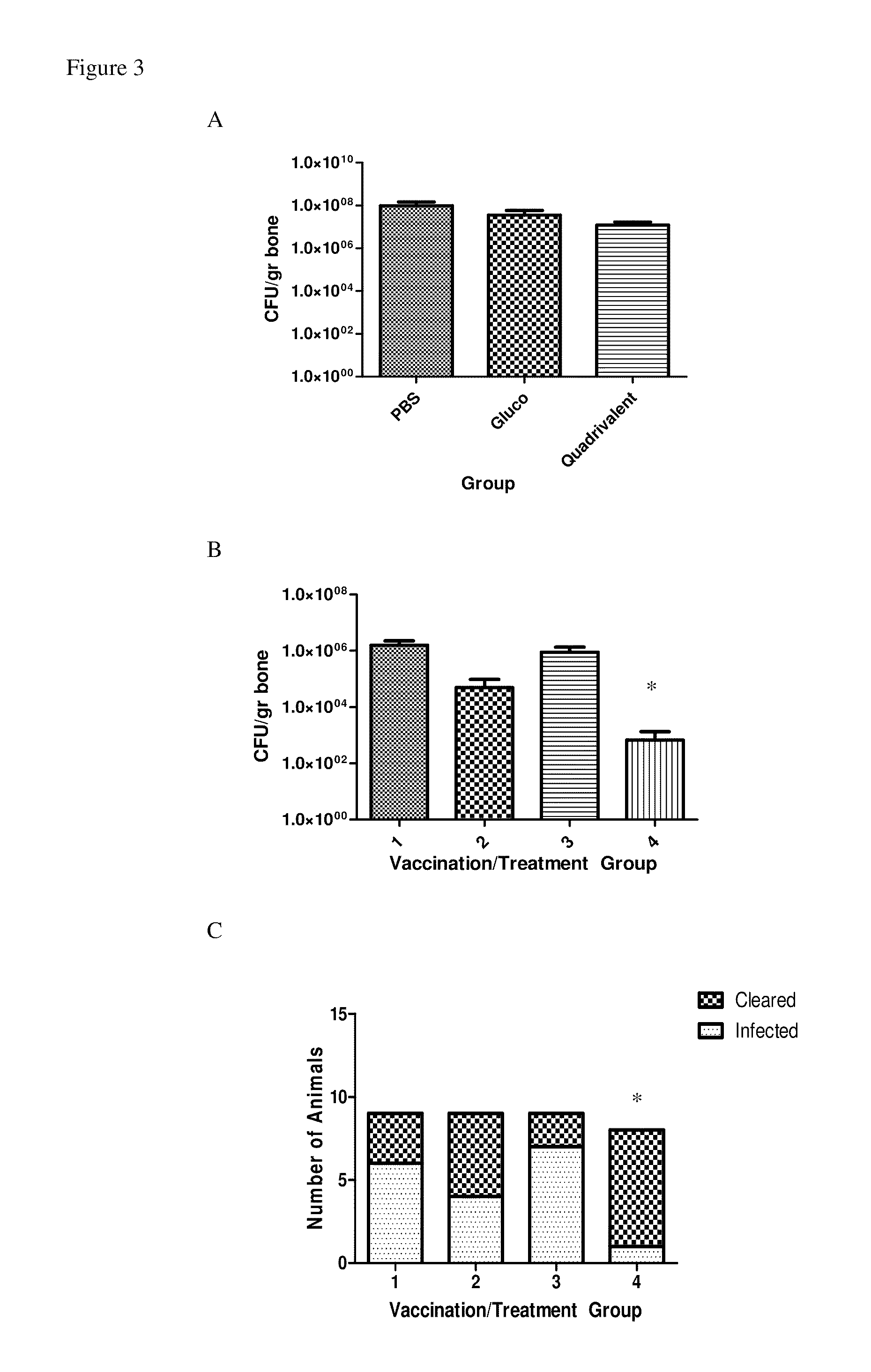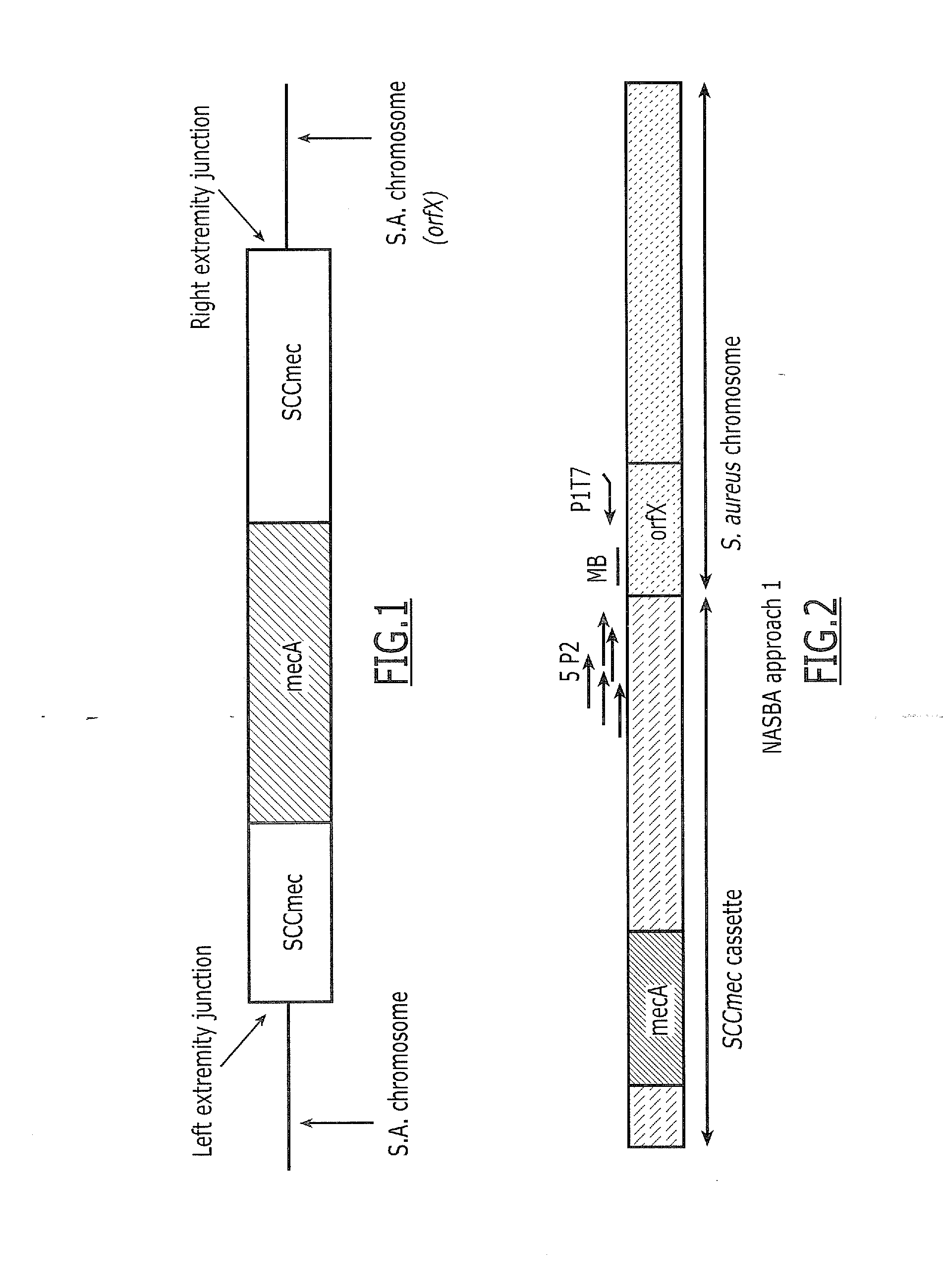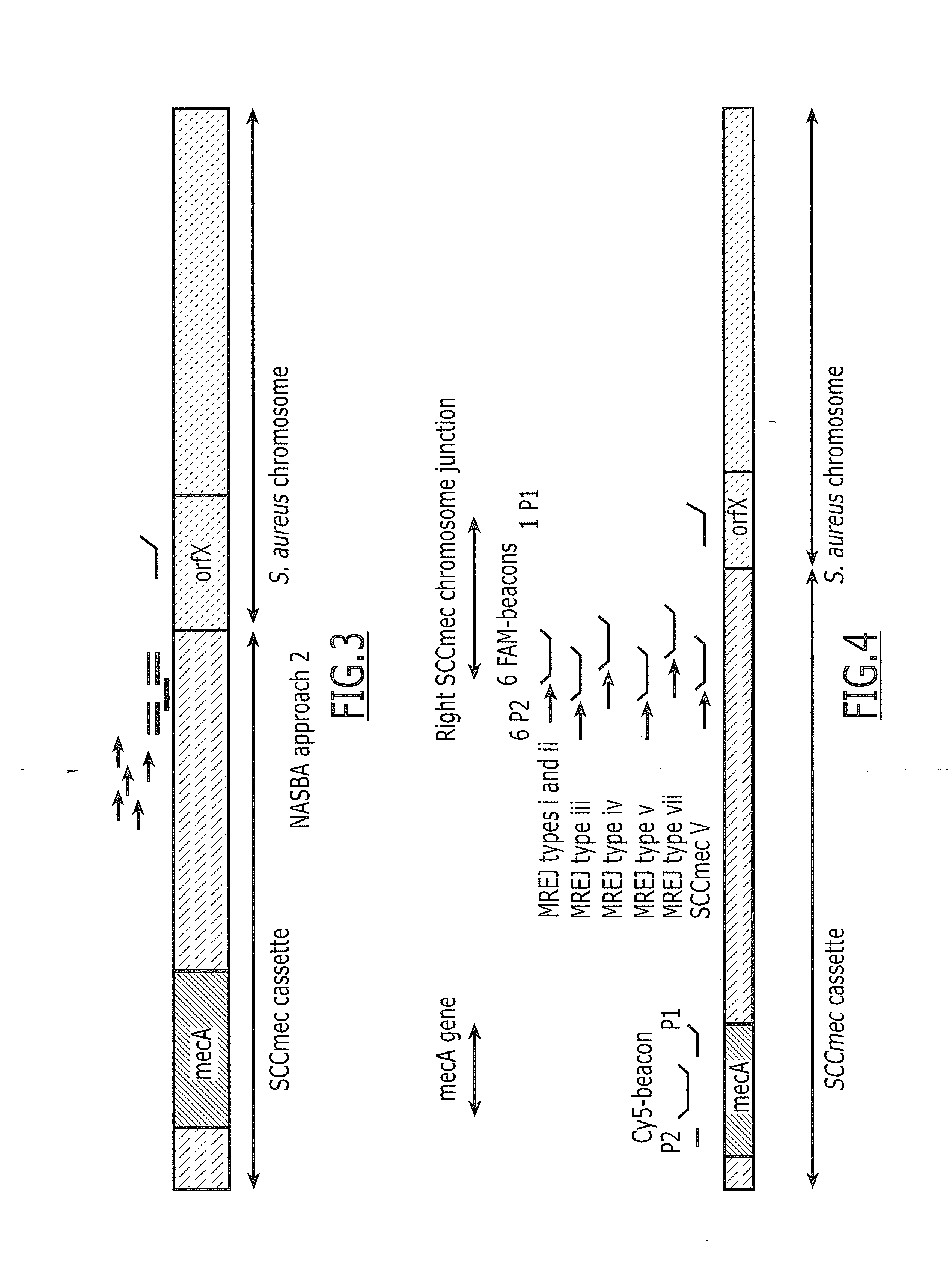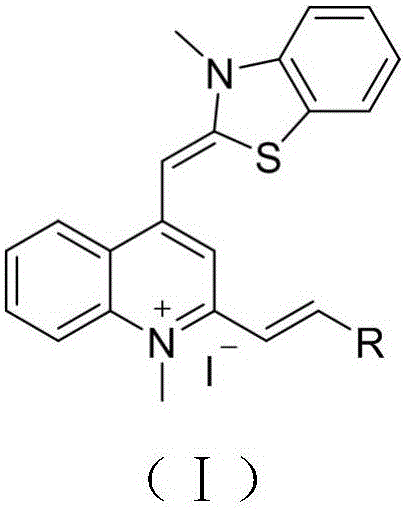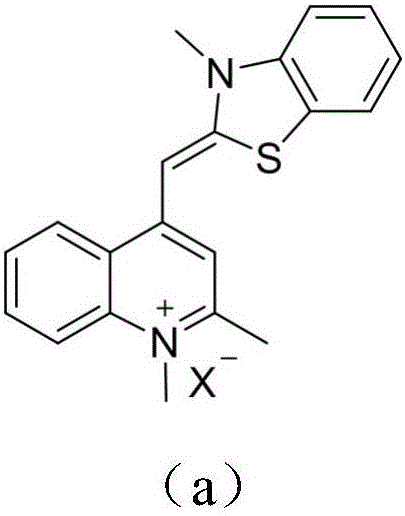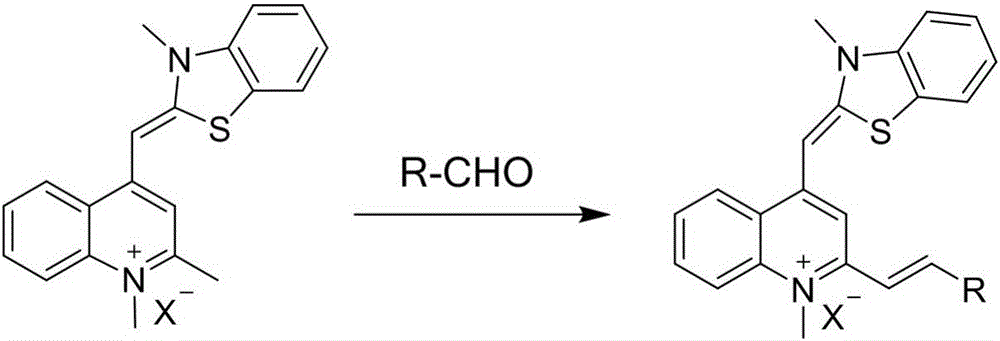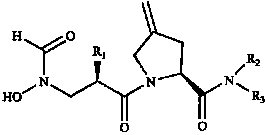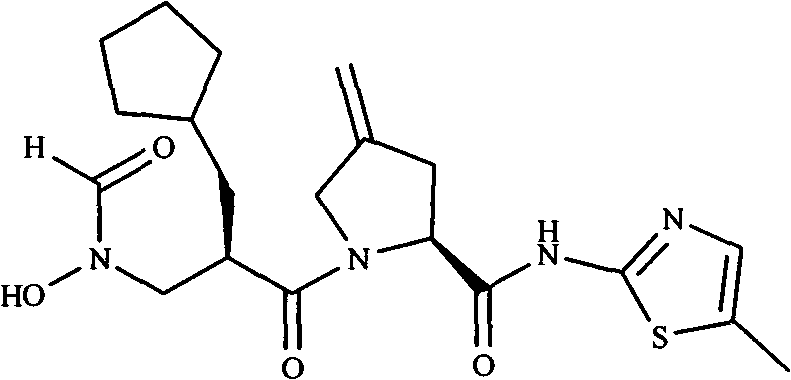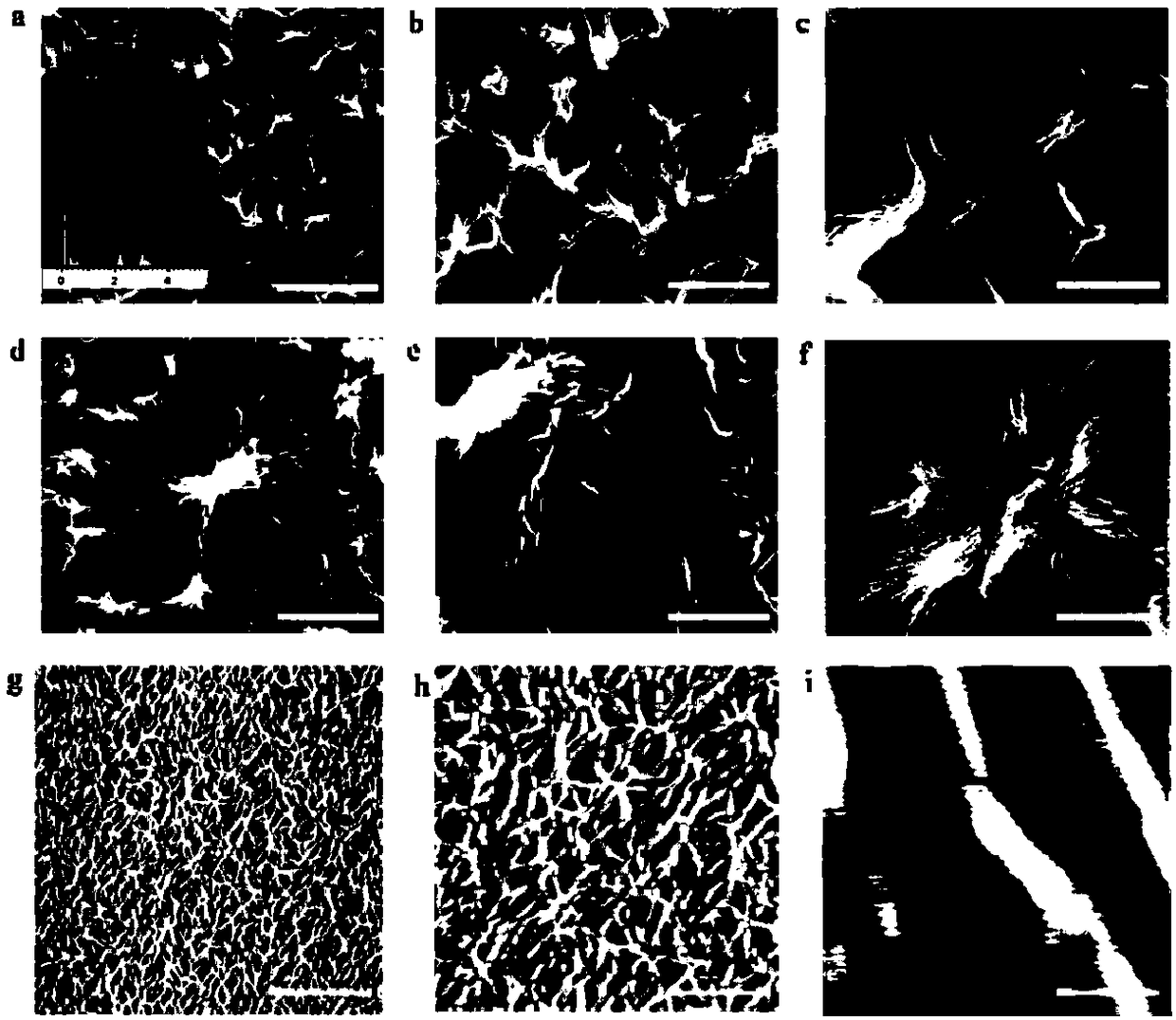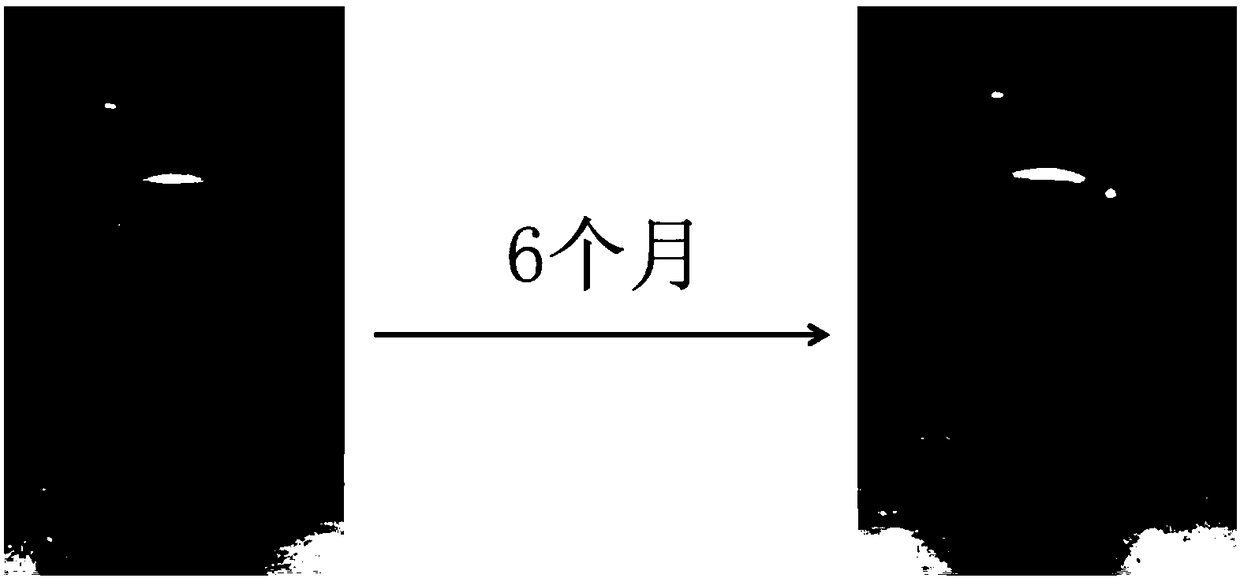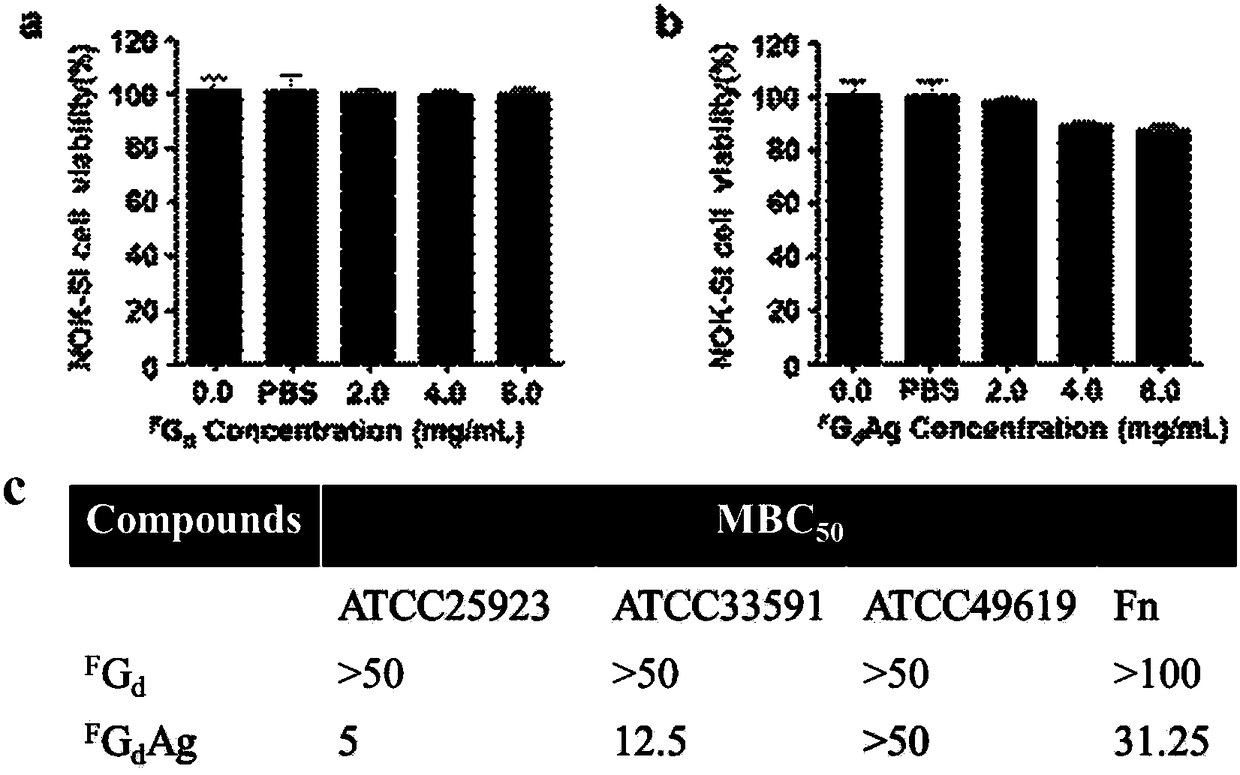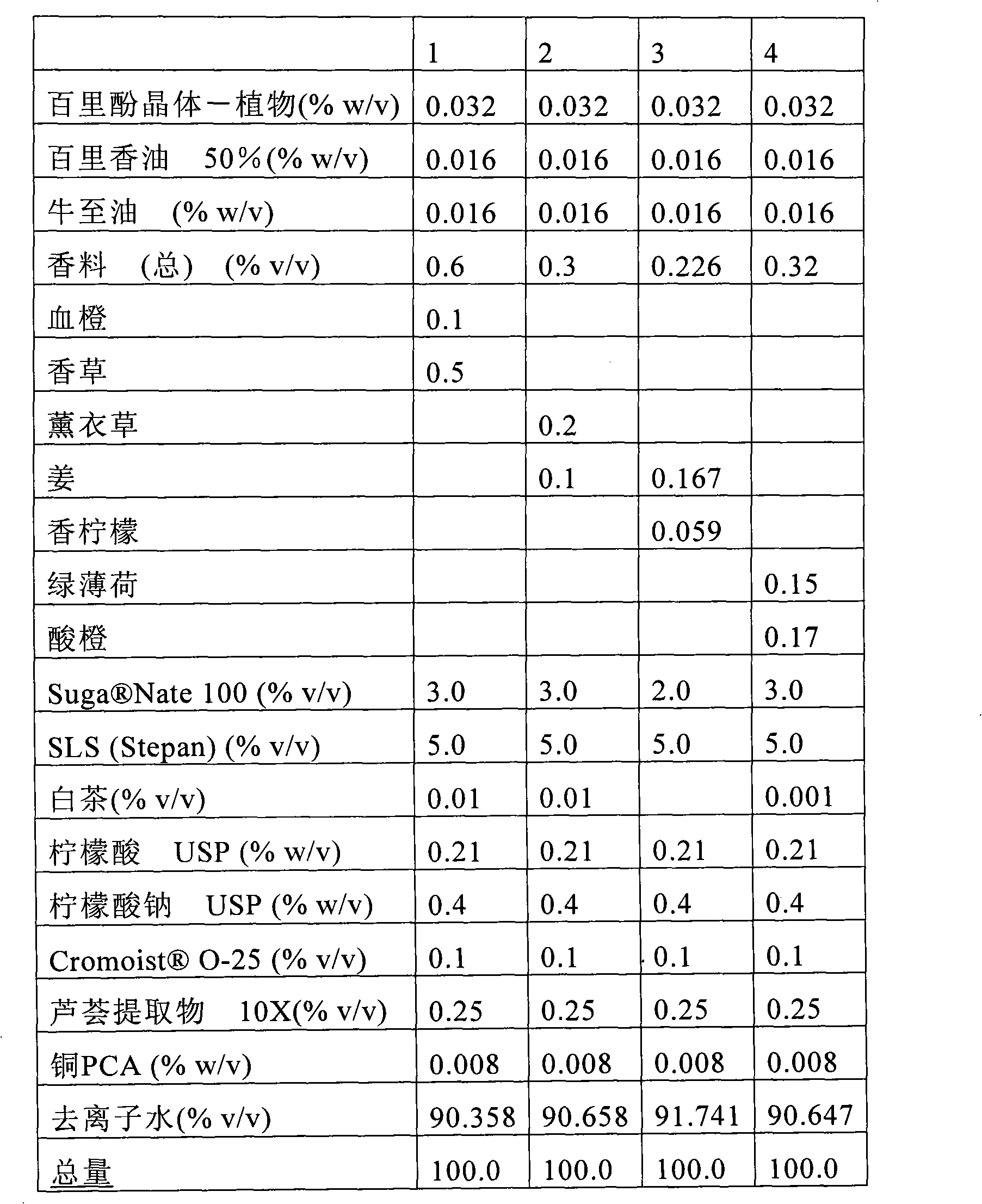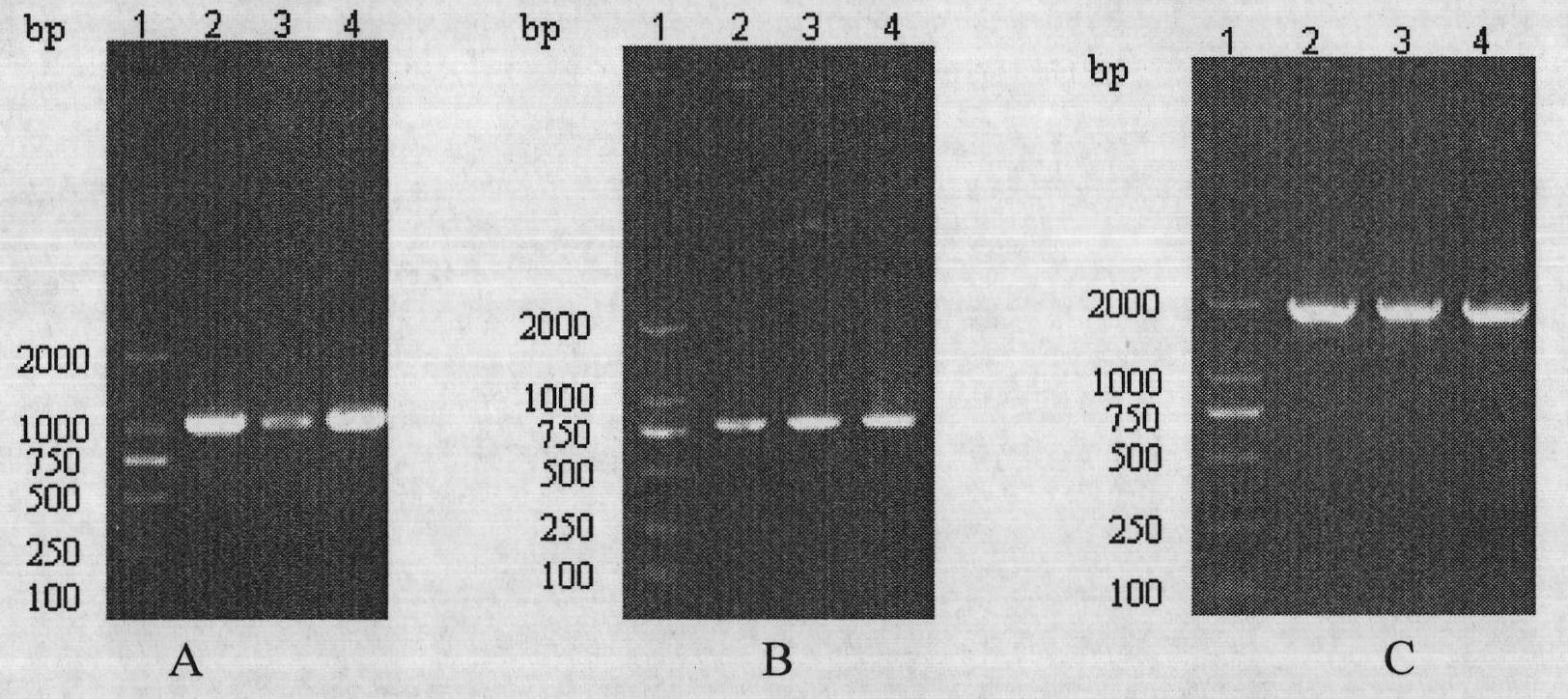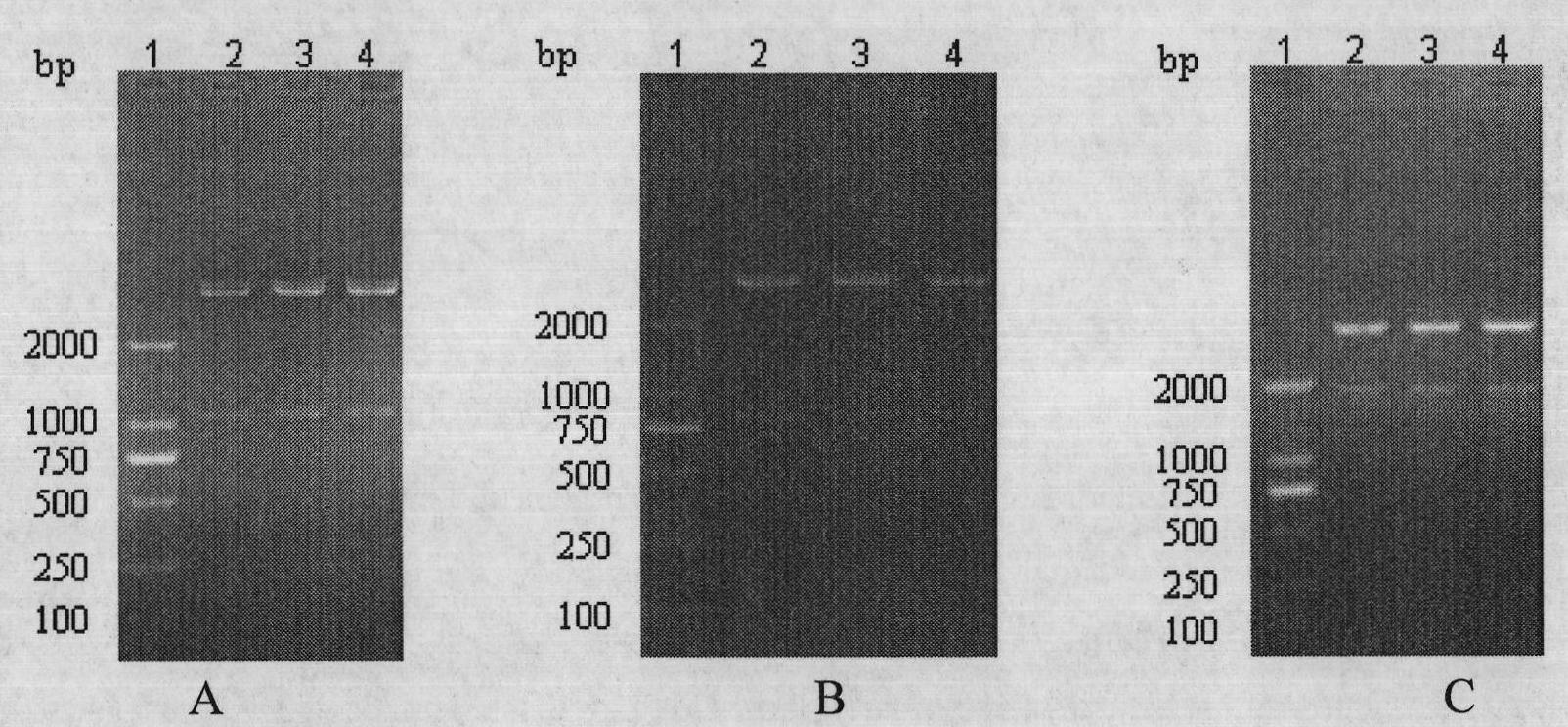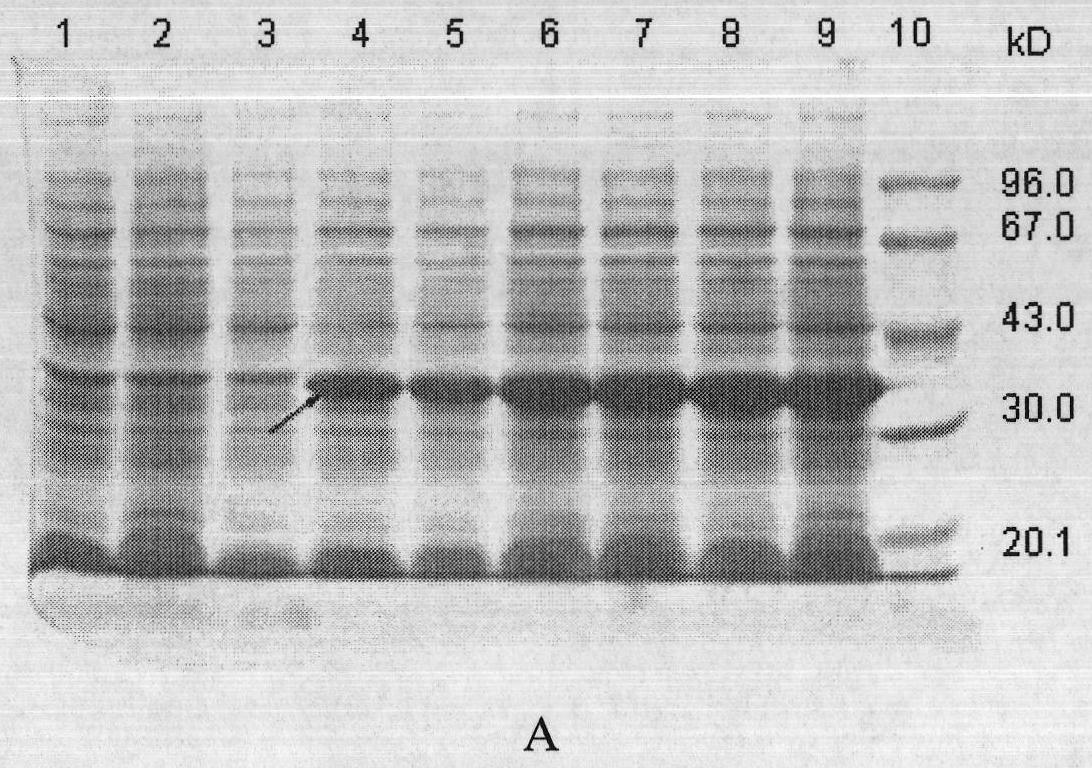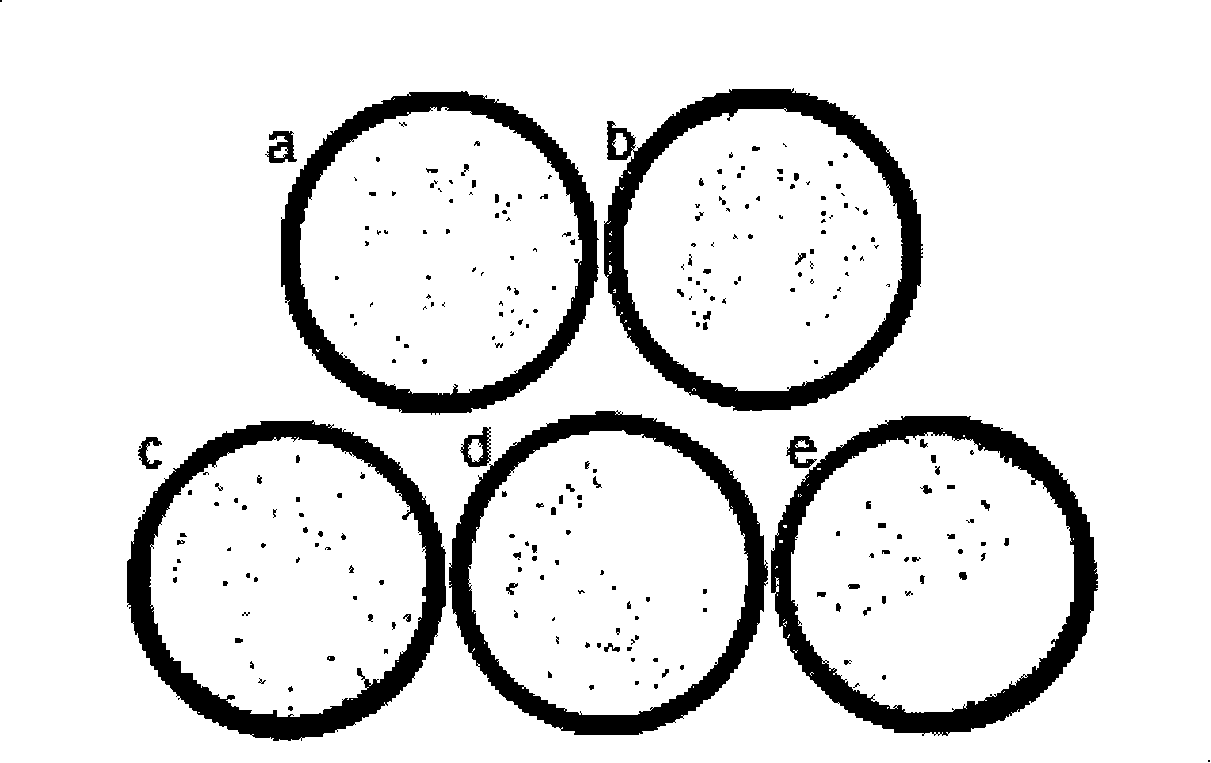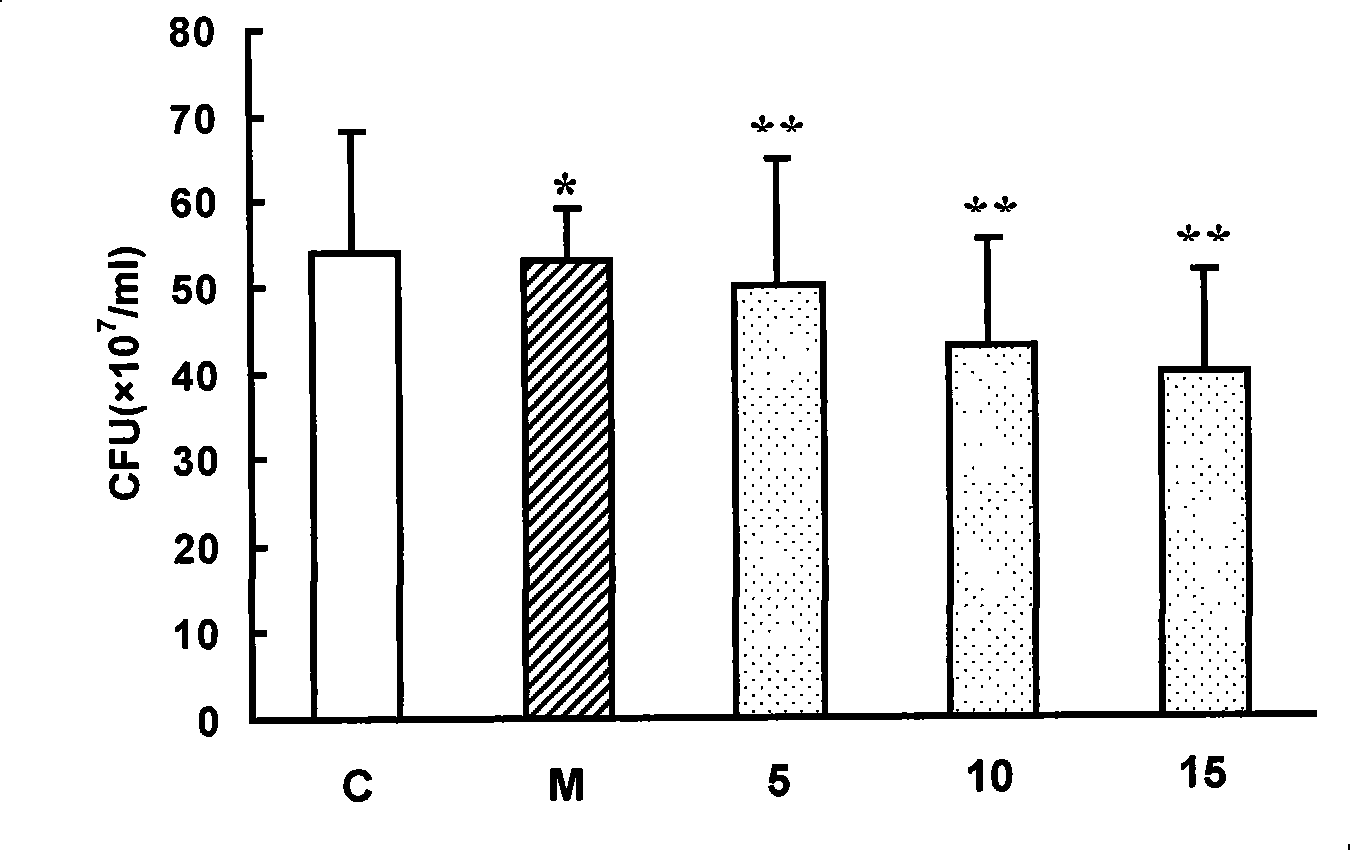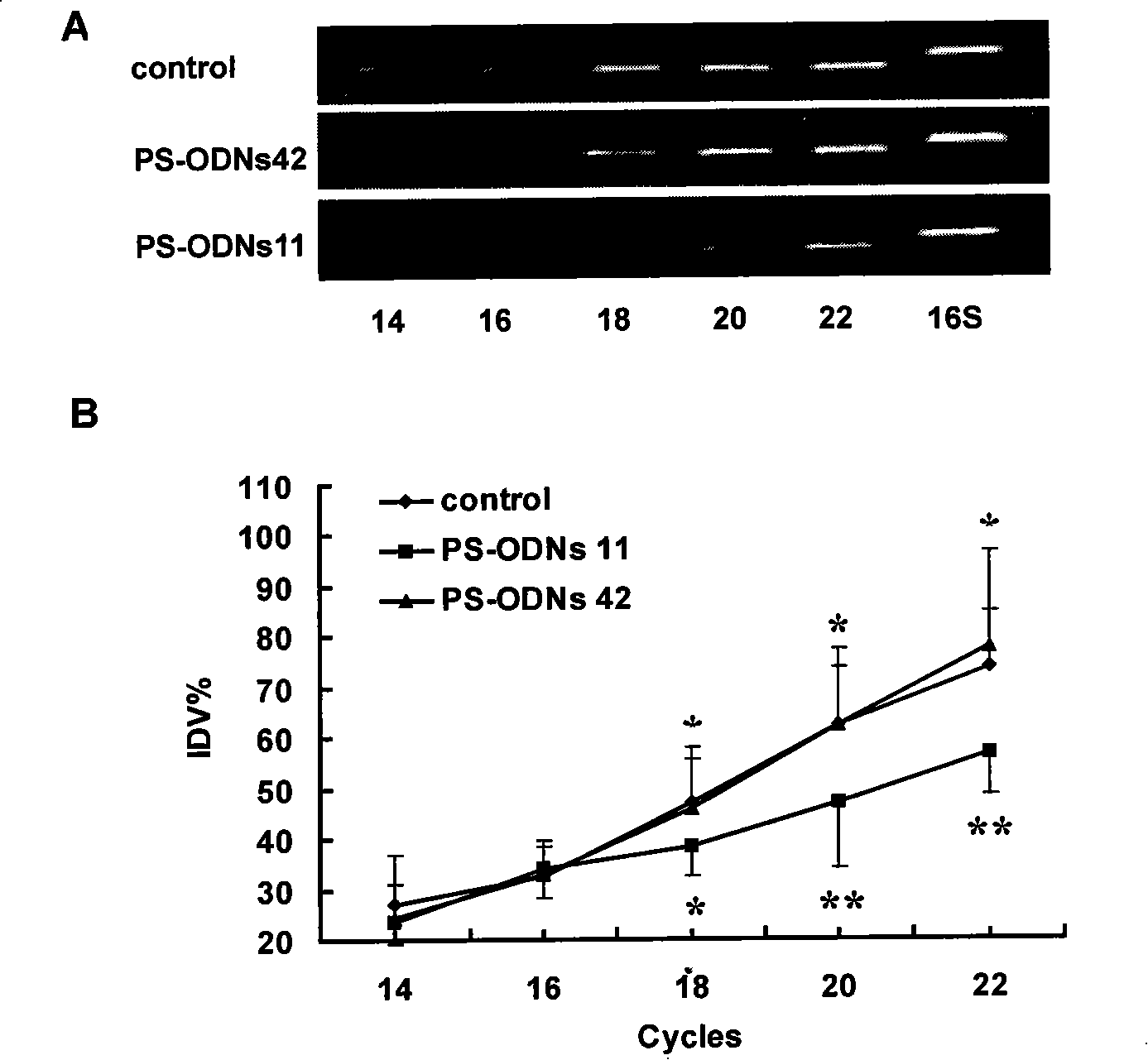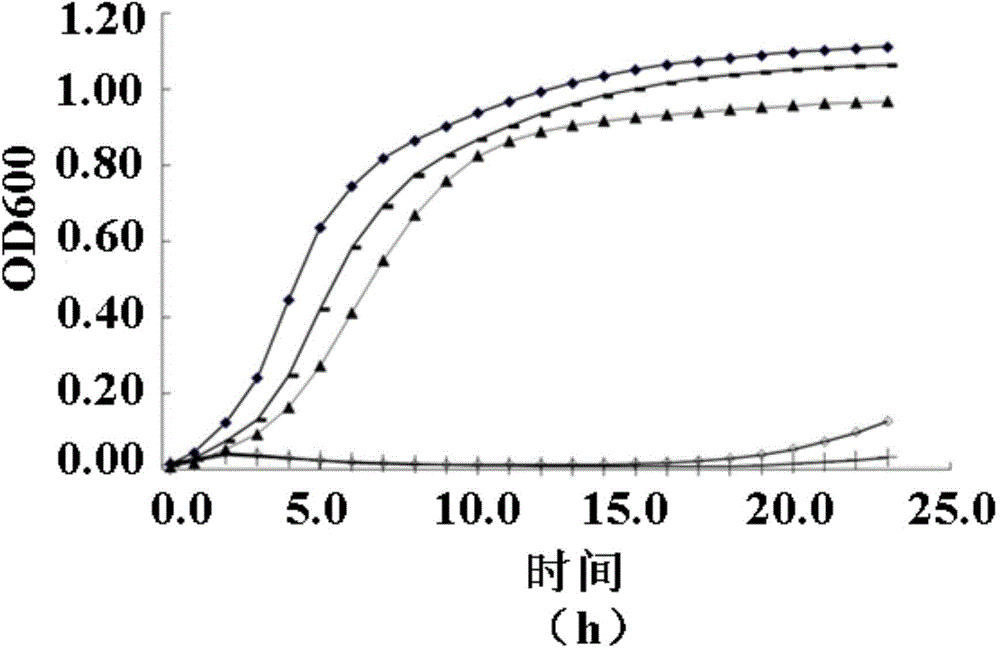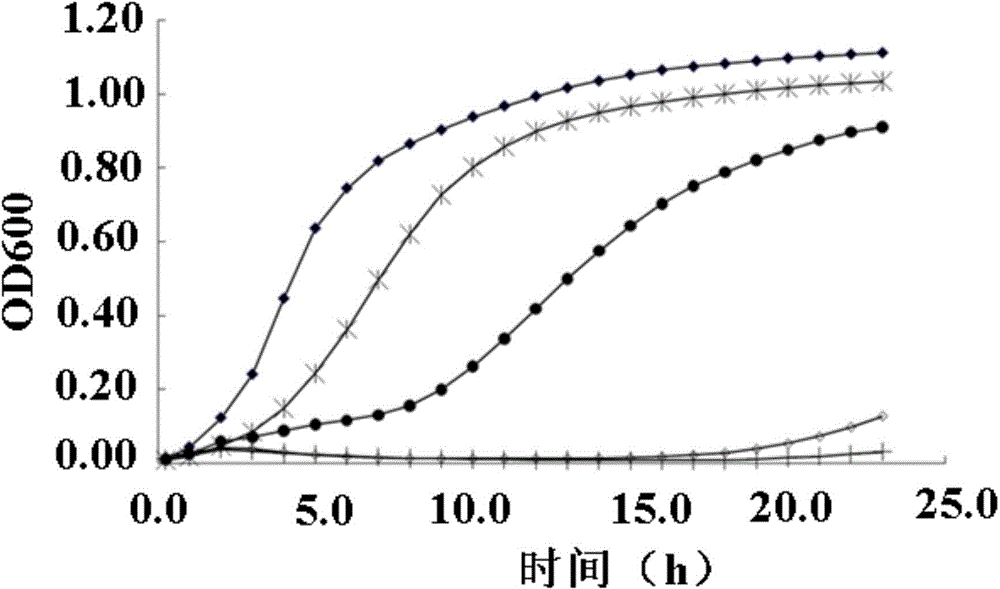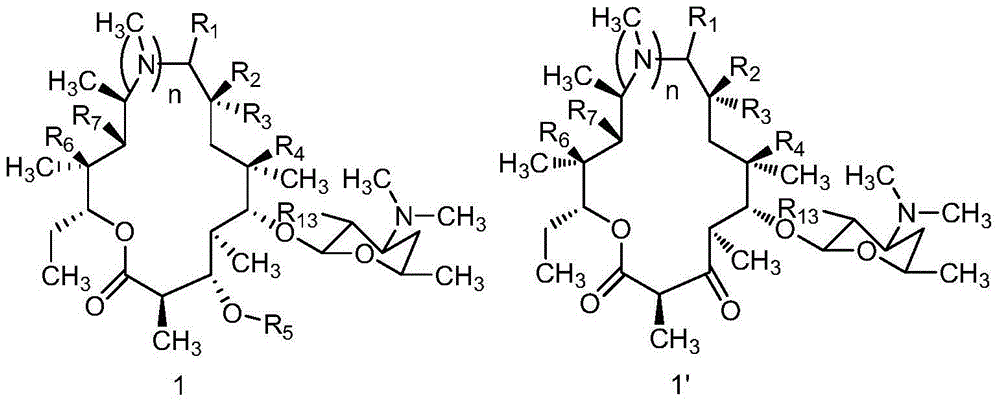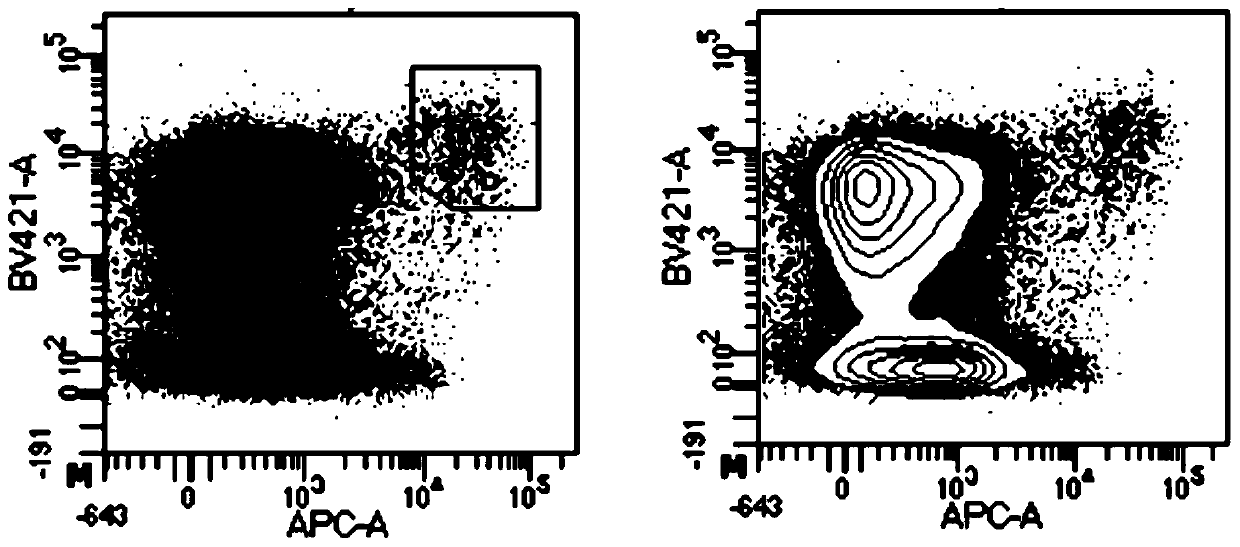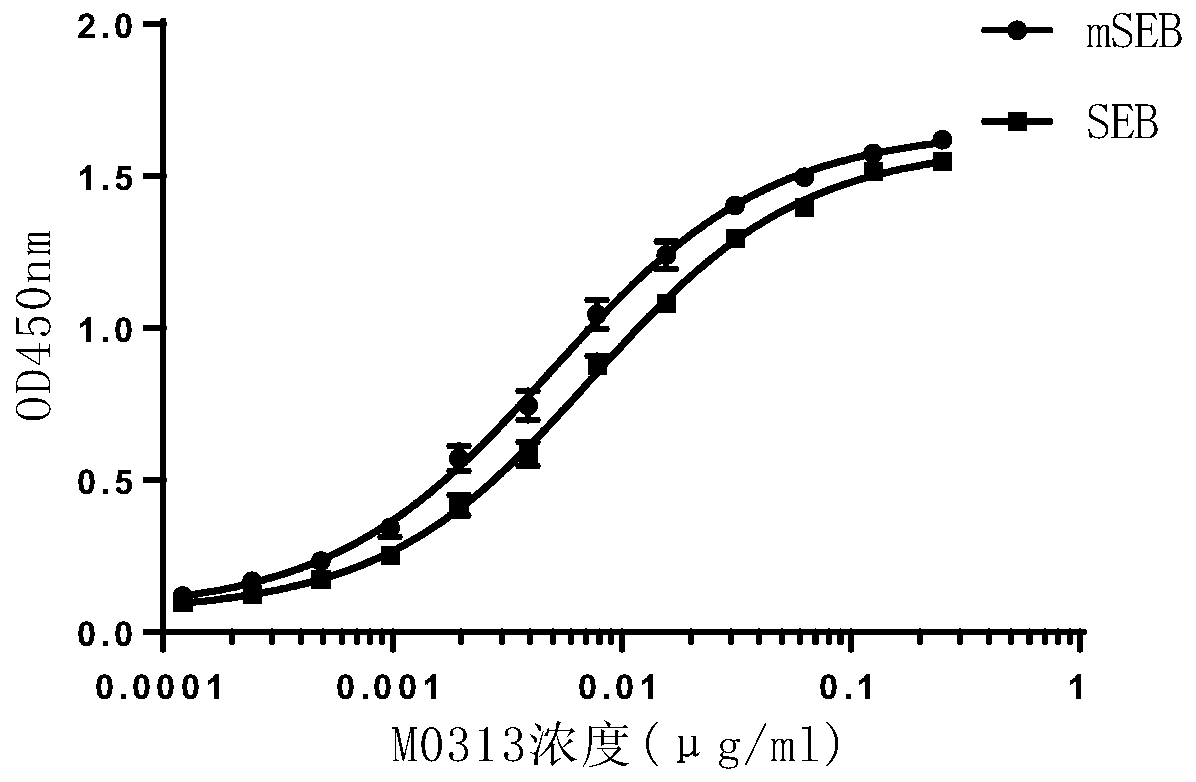Patents
Literature
292 results about "Methicillin-resistant Staphylococcus aureus" patented technology
Efficacy Topic
Property
Owner
Technical Advancement
Application Domain
Technology Topic
Technology Field Word
Patent Country/Region
Patent Type
Patent Status
Application Year
Inventor
Infections caused by specific bacteria that are resistant to commonly used antibiotics.
Nanosilver-containing antibacterial and antifungal granules and methods for preparing and using the same
InactiveUS6379712B1Improve solubilityPreventing mold build-upPowder deliveryOrganic active ingredientsEscherichia coliDisease
The present invention relates to nanosilver-containing antibacterial and antifungal granules ("NAGs"). The NAGs have longlasting inhibitory effect on a broad-spectrum of bacteria and fungi, which include, but are not limited to, Escherichia coli, Methicillin resistant Staphylococcus aureus, Chlamydia trachomatis, Providencia stuartii, Vibrio vulnificus, Pneumobacillus, Nitrate-negative bacillus, Staphylococcus aureus, Candida albicans, Bacillus cloacae, Bacillus allantoides, Morgan's bacillus (Salmonella morgani), Pseudomonas maltophila, Pseudomonas aeruginosa, Neisseria gonorrhoeae, Bacillus subtilis, Bacillus foecalis alkaligenes, Streptococcus hemolyticus B, Citrobacter, and Salmonella paratyphi C. The NAGs contain ground stalk marrow of the plant Juncus effusus L. which has been dispersed with nanosilver particles. The nanosilver particles are about 1-100 nm in diameter. Each of the nanosilver particles contain a metallic silver core which is surrounded by silver oxide. The present invention also provides a process for making the NAGs. The NAGs can be used in a variety of healthcare and industrial products. Examples of the healthcare products include, but are not limited to, ointments or lotions to treat skin trauma, soaking solutions or cleansing solutions for dental or women hygiene, medications for treating gastrointestinal bacteria infections, sexual related diseases, and eye diseases. Examples of industrial products include, but are not limited to, food preservatives, water disinfectants, paper disinfectants, construction filling materials (to prevent mold formation).
Owner:LEGEND WIN FINANCE
Antibacterial composition and method of production
An electrolysis method is described for generating an aqueous solution of copper citrate that has bacteriocidal activity against methicillin resistant Staphylococcus aureus (MRSA) bacteria. Gram positive bacteria are known to be relatively more sensitive to the bacteriocidal activities of copper ions than are Gram negative bacteria. Situations exist in which a disinfectant that is relatively more toxic for Gram positive bacteria will be advantageous over a more broadly active disinfectant, such as that provided by most other disinfectants. In particular, a disinfectant that is relatively selective for Gram positive bacteria could help preserve various non-pathogenic Gram negative microbial populations. The residual Gram negative bacteria can potentially compete with, and thereby lessen the chances of the reintroduction of pathogenic Gram positive bacteria, such as MRSA, Streptococcus, Clostridium difficile and Listeria monocytogenes.
Owner:MI HOPE
Methods and compounds for antimicrobial intervention
InactiveUS8598342B2Antibacterial agentsBiocideSynthetic analogueMethicillin-resistant Staphylococcus aureus
The present invention provides Wall Teichoic Acid biosynthesis inhibitors such as compound 1835F03 (targocil) and related synthetic analogs. The invention also provides pharmaceutical compositions thereof and methods for treating bacterial infection and the suppression of growth of bacterial cells by administering a Wall Teichoic Acid biosynthesis inhibitor. The invention is particularly useful for the treatment of Methicillin-resistant Staphylococcus aureus (MRSA). The invention further provides procedures for the syntheses of Wall Teichoic Acid biosynthesis inhibitors. The invention also provides methods for the identification of antibacterial therapeutic agents.
Owner:PRESIDENT & FELLOWS OF HARVARD COLLEGE
N-thiolated beta-lactams: novel antibacterial agents for methicillin-resistant Staphylococcus aureus
The invention relates generally to novel N-thiolated β-lactams. More specially, the invention relates to the use of these novel antibacterial agents in the treatment or inhibition of methicillin-resistant Staphylococcus aureaus.
Owner:SOUTH FLORIDA UNIVESITY OF
Polymorphic crystalline forms of tiacumicin B
ActiveUS7378508B2Antibacterial agentsOrganic active ingredientsAntibiotic-associated diarrhoeaDisease
The invention relates to novel forms of compounds displaying broad spectrum antibiotic activity, especially crystalline polymorphic forms and amorphous forms of such compounds, compositions comprising such crystalline polymorphic forms and amorphous forms of such compounds, processes for manufacture and use thereof. The compounds and compositions of the invention are useful in the pharmaceutical industry, for example, in the treatment or prevention of diseases or disorders associated with the use of antibiotics, chemotherapies, or antiviral therapies, including, but not limited to, colitis, for example, pseudo-membranous colitis; antibiotic associated diarrhea; and infections due to Clostridium difficile (“C. difficile”), Clostridium perfringens (“C. perfringens”), Staphylococcus species, for example, methicillin-resistant Staphylococcus, or Enterococcus including Vancomycin-resistant enterococci.
Owner:MERCK SHARP & DOHME LLC
Antimicrobial Foamable Soaps
InactiveUS20110206790A1Antibacterial agentsCosmetic preparationsOrganic chemistryMethicillin-resistant Staphylococcus aureus
Environmentally-friendly, natural essential oil based foamable compositions can be used as antimicrobial substances. The foamable compositions contain thyme oil as the sole or principal antimicrobial agent. The foamable compositions are topically applied and may be used as a preventative and / or a therapeutic. The antimicrobial foamable compositions are highly efficacious against methicillin-resistant Staphylococcus aureus (MRSA).
Owner:CLEANWELL
Bacteriophage able to split multiple resistant staphylococcus aureus, separation method and application thereof
InactiveCN104845942AEfficient crackingSpecific crackingAntibacterial agentsBiocideBacteroidesDisinfectant
The invention discloses a bacteriophage able to specifically and efficiently kill multiple resistant staphylococcus aureus, a separation method and application thereof. According to the invention, the bacteriophage able to specifically and efficiently split multiple resistant staphylococcus aureus is screened out from the environment, and the bacteria splitting spectrum is wide. On the basis of a two-layer agar method, a large number of bacteriophages with bacteria splitting activity can be obtained, and the bacteria splitting activity, bacteria splitting spectrum, in vitro bacteria splitting ability and physicochemical properties of the bacteriophages can be determined. The bacteriophage has strong specificity, is difficult to make bacteria generate resistance, also does not produce adverse effect on hosts, and is a feasible method for solving the increasingly serious bacterial resistance problem. The bacteriophage provided by the invention is expected to become a novel antibacterial preparation or environmental disinfectant for preventing and controlling resistant staphylococcus aureus infection.
Owner:SHANGHAI JIAO TONG UNIV
Macrolide polymorphs, compositions comprising such polymorphs, and methods of use and manufacture thereof
The invention relates to novel forms of compounds displaying broad spectrum antibiotic activity, especially crystalline polymorphic forms and amorphous forms of such compounds, compositions comprising such crystalline polymorphic forms and amorphous forms of such compounds, processes for manufacture and use thereof. The compounds and compositions of the invention are useful in the pharmaceutical industry, for example, in the treatment or prevention of diseases or disorders associated with the use of antibiotics, chemotherapies, or antiviral therapies, including, but not limited to, colitis, for example, pseudo-membranous colitis; antibiotic associated diarrhea; and infections due to Clostridium difficile (“C. difficile”), Clostridium perfringens (“C. perfringens”), Staphylococcus species, for example, methicillin-resistant Staphylococcus, or Enterococcus including Vancomycin-resistant enterococci.
Owner:MERCK SHARP & DOHME LLC
Myrtle ketone compound and application thereof in preparation of antibacterial medicines
ActiveCN104761565AHigh antibacterial activityStrong inhibitory activityAntibacterial agentsOrganic chemistryCombinatorial chemistryAntibacterial activity
The invention discloses a myrtle ketone compound and an application thereof in preparation of antibacterial medicines. A compound rhodomyrtosone B (shown in a formula 2) and a compound tomentosone C (shown in a formula 1) are separated from myrtle, and the two compounds have high antibacterial activities, particularly have high inhibitory activity on methicillin-resistant staphylococcus aureus. Therefore, a foundation is laid for developing the compounds into novel drug bacteria resistant lead compounds and launching the compounds on the market. The structural formula is as shown in the specification.
Owner:GUANGZHOU LEADER BIO TECH
Psm peptides as vaccine targets against methicillin-resistant staphylococcus
ActiveUS20100119477A1Enable productionAntibacterial agentsPeptide/protein ingredientsProtective immunityImmunogenic peptide
This disclosure concerns compositions and methods for the treatment and inhibition of infectious disease, particularly methicillin-resistant Staphylococcus. In certain embodiments, the disclosure concerns immunogenic peptides, for instance PSM peptides, which can be used to induce protective immunity against methicillin-resistant Staphylococcus. Also disclosed are methods of detecting methicillin-resistant staphylococcus in a sample, and methods of diagnosing methicillin-resistant staphylococcus in a subject.
Owner:UNITED STATES OF AMERICA
Ring opening myrtle ketone analogue as well as preparation method and application thereof to antibacterial medicines
ActiveCN105859537AHigh antibacterial activityAntibacterial agentsOrganic active ingredientsEscherichia coliBacillus cereus
The invention discloses a ring opening myrtle ketone analogue as well as a preparation method and application thereof to antibacterial medicines. The structure of the ring opening myrtle ketone analogue is shown in a formula (1) in the specification, wherein in the formula (1), R is H, a C1-C15 straight chain or branched chain or naphthenic base or an aromatic group. The ring opening myrtle ketone analogue has obvious activity of resisting Methicillin-resistant Staphylococcus aureus (MRSA), Staphylococcus aureus, Bacillus cereus, B.subtilis, B.thuringiensis or Escherichia coli, so the ring opening myrtle ketone analogue can be used for preparing bacterial infection resistant medicines and is especially applied to preventing and treating clinically common MRSA infectious diseases.
Owner:GUANGZHOU LEADER BIO TECH
High-efficiency bactericidal liquid detergent
ActiveCN101514310AStrong decontaminationStrong technical contentAmpholytes/electroneutral surface-active compoundsDetergent compounding agentsBiotechnologyMethicillin-resistant Staphylococcus aureus
The invention discloses a high-efficiency bactericidal liquid detergent, and belongs to the field of sanitary products. The invention aims to provide a high-efficiency and safe product processed by modern biotechnology product. The high-efficiency bactericidal liquid detergent achieves the function of removing dirt of clothes, has outstanding washing ability, strong detergency and convenient use, particularly has good bactericidal and disinfectant functions and has the property of killing methicillin-resistant Staphylococcus aureus. The production of a bactericide added in the liquid detergent utilizes ferment raw materials with low cost, adopts the modern biotechnology, and has simple process and low cost. Therefore, the high-efficiency bactericidal liquid detergent has strong disinfection capacity, safety, low price and high technology content.
Owner:北京绿华盛义科技发展有限公司
Bacillus coagulans FM 603 and application thereof
ActiveCN105176874AReduce or substituteIncrease production capacityBacteriaMicroorganism based processesFeed conversion ratioAnimal testing
The invention provides a new strain FM 603 of bacillus coagulans, and the preservation number of the strain is CGMCC NO.10221. The strain can generate bacteriocin antibacterial substances and achieves antibacterial activity for Gram-positive pathogenic bacteria such as Listeria monocytogenes, staphylococcus aureus, methicillin-resistant staphylococcus aureus, clostridium perfringens and clostridium difficile. The molecular weight of bacteriocin is 4276.45 Da, the partial amino acid sequence is Ala-Gly-His-Dhb-Phe-Val-Dhb-Gly-Pro, and the bacteriocin is stable under treatment of heat, acid, and pepsase or trypsin and can be degraded easily by pronase to be inactivated. The invention further provides an FM603 fermentation product which can be used as a microbiological feed additive. Animal test results show that the fermentation product can increase the laying rate of laying hens, reduce the feed-egg ratio and improve egg quality; the feed intake and daily gain of piglets are increased, and the feed conversion ratio is reduced; the daily gain and the content of lysozyme in serum of broiler chickens are increased, and the feed conversion ratio and the death rate are reduced.
Owner:沈阳丰美生物技术有限公司
N-thiolated beta-lactams: novel antibacterial agents for methicillin-resistant staphylococcus aureus
The invention relates generally to novel N-thiolated beta-lactams. More specifically, the invention relates to the use of these novel antibacterial agents in the treatment or inhibition of methicillin-resistant Staphylococcus aureus.
Owner:SOUTH FLORIDA UNIVESITY OF
Anti-haze antibacterial spraying agent and preparation method and application thereof
InactiveCN108077311APlay a continuous antibacterial and antibacterial effectImprove the bactericidal effectBiocideGas treatmentEscherichia coliIon
The invention provides an anti-haze antibacterial spraying agent and a preparation method and application thereof. The anti-haze antibacterial spraying agent comprises the flowing components: 5 to 90g / L of a composite ion antibacterial material, 5 to 90 g / L of a film forming agent, 5-90g / L of a thickener, 1-5g / L of nano titanium dioxide, 1-10g / L of a plant extractant, 1-10g / L of a preservative,1-10g / L of a solubilizer, 1-10g / L of a refresher and the balance of water. The anti-haze antibacterial spraying agent can form a protective film on the surface of an object, and has a continuing antibacterial and antibacterial effect. At the same time, the anti-haze antibacterial spraying agent uses the synergistic effect of the composite ion antibacterial material and the nano titanium dioxide to achieve a good sterilization effect. The anti-haze antibacterial spraying agent has strong bactericidal effect against methicillin-resistant Staphylococcus aureus (super bacteria representative bacteria), Escherichia coli, Legionella, pyogenic coccus, hepatitis virus, Candida albicans, various epidemic infectious diseases, bacterial spores, and the like.
Owner:BEIJING ZHONGKE AILITE TECH CO LTD
Application of indol-ethylene substituted quinoline derivative in preparing drug-resistance bacterium medicines
ActiveCN108309977AEnhanced inhibitory effectInhibition of growth and reproductionAntibacterial agentsOrganic active ingredientsEscherichia coliSide effect
The invention belongs to the technical field of medicines and in particular relates to application of an indol-ethylene substituted quinoline derivative in preparing drug-resistance bacterium medicines. The invention provides application of the indol-ethylene substituted quinoline derivative of formula (I) as shown in the specification in preparing drug-resistance bacterium medicines. The indol-ethylene substituted quinoline derivative provided by the invention has a remarkable inhibition function upon multiple drug-resistance bacteria, and is capable of remarkably inhibiting growth and propagation of vancomycin-resistant enterococcus, drug-resistant escherichia coli and methicillin-resistant staphylococcus aureus. Deep structure and function study shows that the indol-ethylene substitutedquinoline derivative provided by the invention has an action target of a bacterium split protein FtsZ, because of differences of FtsZ and human micro-tube protein sequences, drug-resistance bacteriummedicines which can selectively act upon bacteria FtsZ without interfering host cells can be designed, and the derivative is good in antibacterial activity, is capable of reducing amounts of single medicines, then reducing toxic and side effects and reducing drug resistance, and has the prospect of being developed into novel antibiotic medicines.
Owner:GUANGDONG UNIV OF TECH
Primer and probe for detecting drug resistance genes mecA in methicillin-resistant staphylococcus aureus
InactiveCN103173561AMicrobiological testing/measurementFluorescence/phosphorescenceMethicillin resistance geneConserved sequence
The invention provides a primer and a probe for detecting drug resistance genes mecA in methicillin-resistant staphylococcus aureus (MRSA). The invention also provides a method and a detection kit for detecting drug resistance genes mecA in MRSA. According to the invention, the conserved sequence part of drug resistance genes mecA is directly detected without being affected by the mecA gene variation of strains, and a result is a gold standard of MRSA diagnosis. The specific primer and the probe provided by the invention are applicable to currently known strains containing sequence variation.
Owner:SHANGHAI PUTUO DISTRICT PEOPLES HOSPITAL
Oligonucleotides and method for detection of meca gene of methicillin-resistant staphylococcus aureus
InactiveUS20020098492A1Simple, rapidly and highly sensitive mecA gene detectionSugar derivativesMicrobiological testing/measurementMethicillin resistance geneMethicillin-resistant Staphylococcus aureus
An oligonucleotide for cleavage, detection or amplification of the mecA gene, a gene element of methicillin-resistant Staphylococcus aureus (MRSA), or RNA derived from said gene is provided. Further, a method for detecting the mecA gene is provided.
Owner:TOSOH CORP
Porous bone replacing material and preparation method thereof
The invention provides an antibiotic controlled freed porous bone replacing material and a preparation method thereof. The antibiotic controlled freed porous bone replacing material is characterized by consisting of polycaprolactone, nano tricalcium phosphate, chitosan / vancomycin microsphere with sodium alginate coating, and tobramycin. The preparation method comprises the following steps: dissolving the chitosan in glacial acetic acid solution, dissolving the vancomycin in the glacial acetic acid solution, spraying and drying to prepare the chitosan / vancomycin microsphere; moving the microsphere into the sodium alginate solution; dissolving the microsphere and the nano tricalcium phosphate powder in dichloromethane solution of the polycaprolactone, adding a pore-forming agent, stirring uniformly, extruding and forming, putting the formed material in deionized water after the dichloromethane is volatilized, dissolving out the pore-forming agent, and obtaining the porous material; and immersing the porous material into tobramycin sulfate solution, and drying. The invention has the advantages that the vancomycin and the tobramycin can be released simultaneously in the early stage. The two antibiotics can kill the intractable bacteria of methicillin-resistant Staphylococcus aureus and the like, which are common clinically and infected chronically by bones.
Owner:花沐医疗科技(上海)有限公司
Marine Streptomyces strain and use thereof
InactiveCN102220271AHigh antibacterial activityAntibacterial agentsAntimycoticsCandida famataHigh activity
The invention provides a marine Streptomyces strain and use thereof. The strain provided by the invention is Streptomyces sp. FXJ7.388, and the collection number of the strain is CGMCC No.4474. The invention also provides the use of the strain in the preparation of an antibacterial product. The antibacterial effect is to inhibit gram-positive bacteria, including Multi-resistant Staphylococcus aureus (MRSA 1-1), staphylococcus aureus CGMCC1.2386, bacillus subtilisGCMCC1.2428 and / or Candida albicans 2.538. Experiments prove that the Streptomyces sp. FXJ7.388 separated by the invention has the advantage of resisting gram-positive bacteria and Candida albicans, namely having high activity for resisting MRSA, staphylococcus aureus AND bacillus subtilis and certain inhibiting effect on Candida albicans.
Owner:INST OF MICROBIOLOGY - CHINESE ACAD OF SCI
Protective vaccine against staphylococcus aureus biofilms comprising cell wall-associated immunogens
InactiveUS20110177111A1Lessen radiologicalLessen clinical signAntibacterial agentsBacterial antigen ingredientsBiofilmStaphylococcus cohnii
Vaccine formulations effective against Staphylococcus aureus, including methicillin-resistant Staphylococcus aureus (MRSA) are disclosed, as well as methods of using the vaccine formulations in the treatment, prevention and prophylaxis of Staphylococcus aureus infections in a subject.
Owner:THE ARIZONA BOARD OF REGENTS ON BEHALF OF THE UNIV OF ARIZONA +1
Detection of Methicillin-Resistant Staphylococcus aureus
ActiveUS20090203013A1Sugar derivativesMicrobiological testing/measurementMethicillin-resistant Staphylococcus aureusStaphylococcus aureus bacteria
The present invention provides improved tests for the detection of methicillin-resistant Staphylococcus aureus. The tests are particularly useful for eliminating false positive results due to the presence of a mixed bacterial population in patient samples.
Owner:BIOMERIEUX SA
Thiazole orange styrene derivative, method for preparing same and application of thiazole orange styrene derivative to preparing medicines capable of resisting medicine-resistant bacteria
ActiveCN106188031AGood inhibitory effectEnhanced inhibitory effectAntibacterial agentsOrganic active ingredientsResistant bacteriaSide effect
The invention belongs to the field of novel medicines and compounds, and discloses a thiazole orange styrene derivative, a method for preparing the same and application of the thiazole orange styrene derivative to preparing medicines capable of resisting medicine-resistant bacteria. The thiazole orange styrene derivative is of a structure shown as a formula (I). An R in the formula is defined as an instruction book. The method includes carrying out condensation reaction on thiazole orange analogues and different types of aromatic aldehyde to obtain the thiazole orange styrene derivative. The thiazole orange styrene derivative, the method and the application have the advantages that the method is simple, and raw materials for the thiazole orange styrene derivative are easily available; excellent interaction between the thiazole orange styrene derivative and bacterium division proteins FtsZ can be realized, and accordingly reproduction of diversified medicine-resistant bacteria such as vancomycin-resistant enterococci and methicillin-resistant staphylococcus aureus can be inhibited; the thiazole orange styrene derivative is little in toxic and side effect and has a prospect of being developed to obtain novel antibiotic medicines.
Owner:GUANGDONG UNIV OF TECH
Peptide deformylase inhibitor containing 4-methylene pyrrolidine
InactiveCN101869563ADoes not affect metabolismLess chance of drug resistanceAntibacterial agentsOrganic active ingredientsBacteroidesAntibiotic resistance
The invention provides a peptide deformylase inhibitor containing 4-methylene pyrrolidine and relates to a peptide deformylase inhibitor. The peptide deformylase inhibitor has the structural formula shown in the specification, and in the formula, R1 is alkyl, R2 is H or alkyl, and R3 is alkyl or aryl or heterocycle. The peptide deformylase inhibitor can inhibit bacterial to synthesize protein so as to kill the bacterial, has small chance of drug resistance generation, is safe for a human body and can kill strains having antibiotic resistance, such as methicillin-resistant staphylococcus aureus (MRSA) and penicillin resistant streptococcus pneumoniae (PRSP).
Owner:EAST CHINA NORMAL UNIV
Silver-ion supramolecular antibacterial hydrogel as well as preparation method and application thereof
ActiveCN108498543AEasy to makeLow toxicityAntibacterial agentsInorganic active ingredientsBiocompatibility TestingAntibacterial activity
The invention discloses supramolecular hydrogel and also discloses a preparation method and application of the supramolecular hydrogel. The supramolecular hydrogel disclosed by the invention is prepared from a 2-deoxy-2-fluoro-guanosine analogue and silver ions. The silver-ion supramolecular antibacterial hydrogel provided by the invention has the advantages of simplicity in preparation, low toxicity, good biocompatibility, excellent stable performance and the like; the silver ions can be effectively alleviated and the antibacterial activity is good; especially, the silver-ion supramolecular antibacterial hydrogel has relatively high antibacterial activity on methicillin-resistant staphylococcus aureus ATCC25923 and ATCC33591, and fusobacterium nucleatum; the silver-ion supramolecular antibacterial hydrogel is prepared into an antibacterial material and has a relatively good application prospect.
Owner:SICHUAN UNIV
Antimicrobial foamable soaps
InactiveCN102317429AAntibacterial agentsCosmetic preparationsMicrobiologyMethicillin-resistant Staphylococcus aureus
Environmentally-friendly, natural essential oil based foamable compositions can be used as antimicrobial substances. The foamable compositions contain thyme oil as the sole or principal antimicrobial agent. The foamable compositions are topically applied and may be used as a preventative and / or a therapeutic. The antimicrobial foamable compositions are highly efficacious against methicillin-resistant Staphylococcus aureus (MRSA).
Owner:OHSO CLEAN
Methicillin-resistant staphylococcus aureus (MRSA) recombinant multivalent subunit genetic engineering vaccine and method for preparing same
The invention discloses methicillin-resistant staphylococcus aureus (MRSA) recombinant multivalent subunit genetic engineering vaccine and a method for preparing the same. The recombinant multivalent subunit genetic engineering vaccine is prepared by recombining, fussing and expressing the active and functional fragments of two antigen molecules of ClfA and IsdB and the specific enterotoxin C mutant for the MRSA to construct recombinant multivalent genetic engineering antigen protein under the assistance of aluminum adjuvant. The recombinant multivalent subunit genetic engineering vaccine is constructed with a unique method and prepared with simple process, is easy to be amplified and has good repeatability and high protein purity. The experiment on the animal shows that the recombinant multivalent subunit genetic engineering vaccine can effectively stimulate the body to produce higher humoral immune response and have good immune protection function.
Owner:CHENGDU OLYMVAX BIOPHARM +1
Antisense nucleic acid of resistant and tolerant dimethoxyphenecillin staphylococcus aureus drug resistant gene
InactiveCN101200483ASuppression of MRSA resistanceSugar derivativesGenetic material ingredientsAntisense nucleic acidAntibiotic Y
The invention relates to antisense oligonucleotides aiming to methicillin-resistant Staphylococcus aureus (MRSA) resistance gene mecR1 / mecA and blaR1 / blaZ and a preparation of the drugs with the antisense oligonucleotides and the application thereof. The antisense oligonucleotides comprise antisense phosphorothiate oligodeoxynucleotide (PS-ODNs) and thiodeoxyribozyme (PS-DRz). The invention is characterized in that the combination of the specificity and the various areas of MRSA resistance gene mecR1 / mecA and blaR1 / blaZ blocks the expression of the resistance gene, the base sequence of the antisense nucleic acid is PS-ODNs01-40, the antisense nucleic acid can combine with the specific site of the target gene, thereby inhibiting the expression of the resistance gene, causing MRSA to restore the sensitivity of the lactam antibiotics and achieving the purpose of effective fighting with the drug resistance of MRSA.
Owner:FOURTH MILITARY MEDICAL UNIVERSITY
Application of macrolide compound or salt thereof and pharmaceutical composition containing macrolide compound or salt
ActiveCN104337826ADelay drug resistanceGood synergy in vitroAntibacterial agentsSugar derivativesChemical compoundBeta lactam antibiotic
Owner:SHANGHAI INST OF PHARMA IND +1
Antibody against staphylococcal enterotoxin B and application thereof
ActiveCN110498854AAntibacterial agentsImmunoglobulins against bacteriaStaphylococcus cohniiStaphylococcus enterotoxin B
The invention discloses an antibody against staphylococcal enterotoxin B and application thereof. The heavy chain of the antibody against staphylococcal enterotoxin B has variable regions CDR1, CDR2 and CDR3 of which the amino acid sequences are shown in SEQ ID NO. 5, SEQ ID No. 6 and SEQ ID No. 7, or is composed of CDR variants with equivalent functions; and light chain of the antibody against staphylococcal enterotoxin B has variable regions CDR1, CDR2 and CDR3 of which the amino acid sequences are shown in SEQ ID NO. 9, SEQ ID No. 10 and SEQ ID No. 11, or is composed of CDR variants with equivalent functions. The antibody against staphylococcal enterotoxin B is capable of specifically binding with staphylococcal enterotoxin B or free enterotoxin B; and thus, the antibody can be used fortreating, preventing and diagnosing staphylococcus aureus infection. Therefore, the antibody against staphylococcal enterotoxin B will be an important research direction in the fields of "non-antibiotic" treatment of methicillin-resistant staphylococcus aureus infection and drug resistance development control.
Owner:ARMY MEDICAL UNIV
Features
- R&D
- Intellectual Property
- Life Sciences
- Materials
- Tech Scout
Why Patsnap Eureka
- Unparalleled Data Quality
- Higher Quality Content
- 60% Fewer Hallucinations
Social media
Patsnap Eureka Blog
Learn More Browse by: Latest US Patents, China's latest patents, Technical Efficacy Thesaurus, Application Domain, Technology Topic, Popular Technical Reports.
© 2025 PatSnap. All rights reserved.Legal|Privacy policy|Modern Slavery Act Transparency Statement|Sitemap|About US| Contact US: help@patsnap.com

